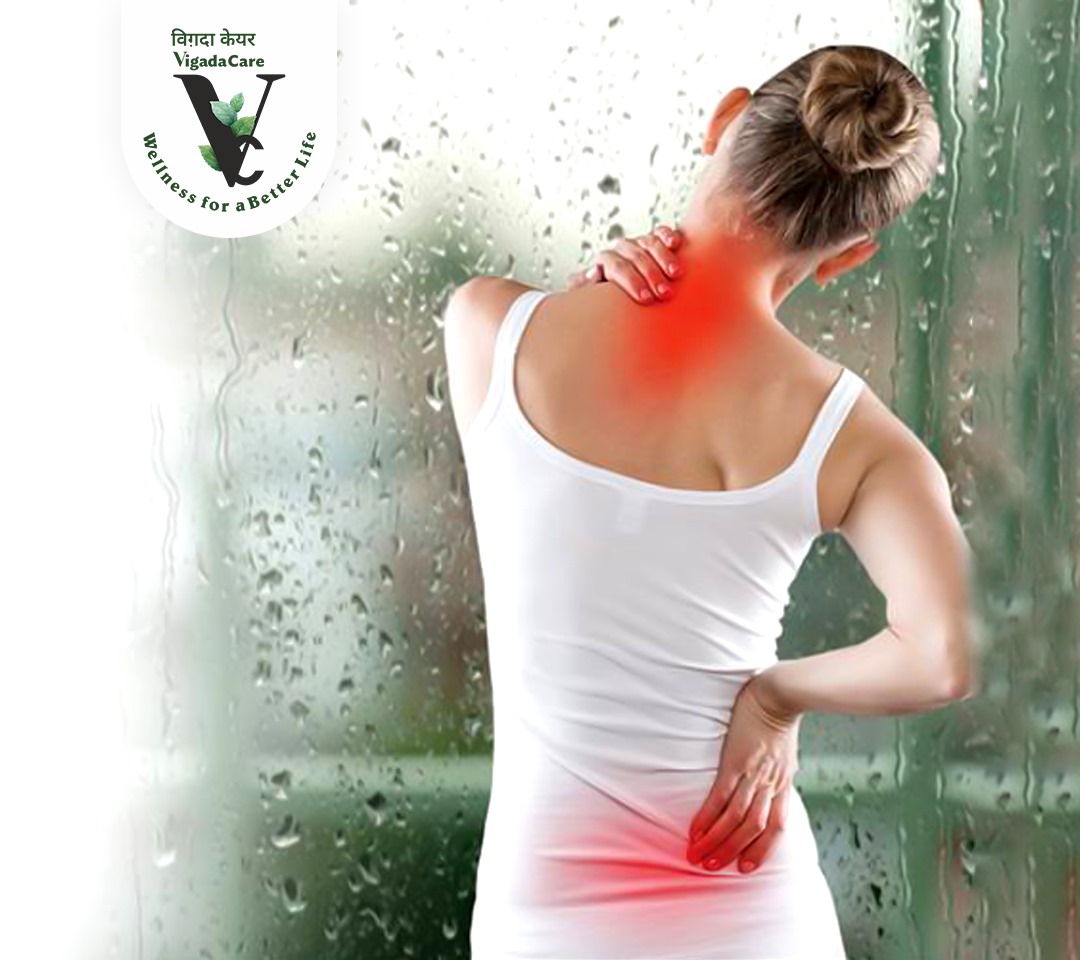
How to Keep Your Bones and Joints Healthy During the Monsoon Season?
How to Keep Your Bones and Joints Healthy During the Monsoon Season?
Have you ever observed that on rainy days, your bones pain more, making it difficult to perform daily tasks? While the monsoon is frequently lovely, it may swiftly devolve into a horror. Seasonal variations can cause bone and joint discomfort. Cold weather can be detrimental for bone and joint health. Many people endure joint soreness, muscular stiffness, and injury pain as soon as the monsoon season begins, due to the rapid changes in temperature, precipitation, and air pressure. This is because high humidity levels make it difficult for the body to pump blood by thickening it and increasing blood pressure in blood vessels.
Humidity can also cause dehydration, which reduces the concentration of fluid surrounding the joints and exacerbates the discomfort. To top it all off, these factors can exacerbate arthritis pain and limit range of motion. Nutritional deficiencies may also have a role. Anxiety, joint discomfort, and stiffness are all typical problems among people, particularly those over the age of 60. Managing the pain is therefore more important than ignoring it.
Rain can be unpleasant for some people. Changes in humidity, air pressure, temperature variations, and precipitation can cause inflammation in one or more joints, resulting in pain and stiffness. Here are a few basic yet effective ways for treating bone and joint pain caused by monsoon season and maintaining bone health:
· Maintaining Hydration
Most individuals usually neglect to drink enough water during the rainy season because we do not often feel thirsty. This increases the likelihood of dehydration. A person becomes more sensitive to pain when they are thirsty. Therefore, people should be sure to drink enough water each day during the monsoon.
· Getting Regular Exercise
Maintaining one's physical fitness and health demands engaging in daily workout activities. It guards against a number of illnesses, including joint and bone pain. When muscles and joints become stiff and uncomfortable, exercises that lessen the load on the bones and joints may be beneficial. It also aids in the treatment of joint discomfort. As a result, adding physical activities to the routine like Pilates, yoga, swimming, brisk walking, and many more is advised. People should be careful to begin their activity carefully after warming up or stretching. They ought to make an effort to spend less time sitting down.
· Maintaining Yourself Warm
It is advised to make an effort to keep the body warm during the monsoon when temperatures drop. This will help to avoid bone and joint discomfort from getting worse. It is advised that people dress in layers, use a blanket at night, have a warm shower, put on thick stockings and gloves, or wear full sleeves. People might also attempt raising the temperature inside of their homes. It reduces stiffness, oedema, and discomfort while improving blood circulation.
· Eating a Balanced Diet
By consuming a wholesome, balanced diet, people can live long, pain-free lives. To assist reduce joint pain and inflammation, it is advised to incorporate anti-inflammatory foods into the diet. Vitamin E-rich diets, for example, can make a difference. It is advised to increase daily intake of whole grains, berries, fruits, seafood, avocados, nuts, and seeds. Consuming eggs and herbs is also advised.
· Sustaining Body Weight
During the monsoon, bone and joint pain can worsen if one is overweight or obese. Thus, people ought to try to reduce their weight. When it rains a lot, it's preferable to stay indoors, which discourages people from exercising outside like walking. As a result, people gain weight and become more uncomfortable. Excess body weight increases joint strain and associated pain. With a suitable diet and frequent exercise, one can maintain a healthy body weight. Foods rich in omega-3 fatty acids and vitamins should be a part of the diet.
· Staying Away From Air Conditioners
Using air conditioning indoors during the monsoon might exacerbate joint pain. Thus, turning on the air conditioner might exacerbate joint pain or problems with bone health. Instead, people with these conditions should avoid doing so.
Choose RiDVi Ortho Well Ayurvedic Medicine For All Types of Joint Health
When considering a product like RiDVi Ortho Well Ayurvedic Medicine for joint health, it's important to evaluate several factors to determine if it's the right choice for you. Here are some key points to consider:
1. Ingredients: Look at the ingredients in RiDVi Ortho Well. Ayurvedic medicines often use natural herbs and compounds. Check if they are well-researched and known for supporting joint health.
2. Effectiveness: Research any clinical studies or user reviews regarding the effectiveness of this medicine for joint issues. Personal experiences and testimonials can provide insights into how well it works for different individuals.
3. Consult a Healthcare Professional: It's always wise to consult with a healthcare provider before starting any new supplement, especially if you have existing health conditions or are taking other medications. They can help assess if this product is suitable for you.
4. Safety: Ensure that the product is safe for use. Check if it has been certified by relevant health authorities and if there are any known side effects or interactions.
5. Dosage and Usage: Follow the recommended dosage and usage instructions provided by the manufacturer or your healthcare provider to avoid any potential adverse effects.
6. Holistic Approach: While supplements can be beneficial, a comprehensive approach to joint health including proper diet, exercise, and lifestyle changes is often recommended.
By considering these factors, you can make a more informed decision about whether RiDVi Ortho Well Ayurvedic Medicine is appropriate for your joint health needs.
Recent Blogs
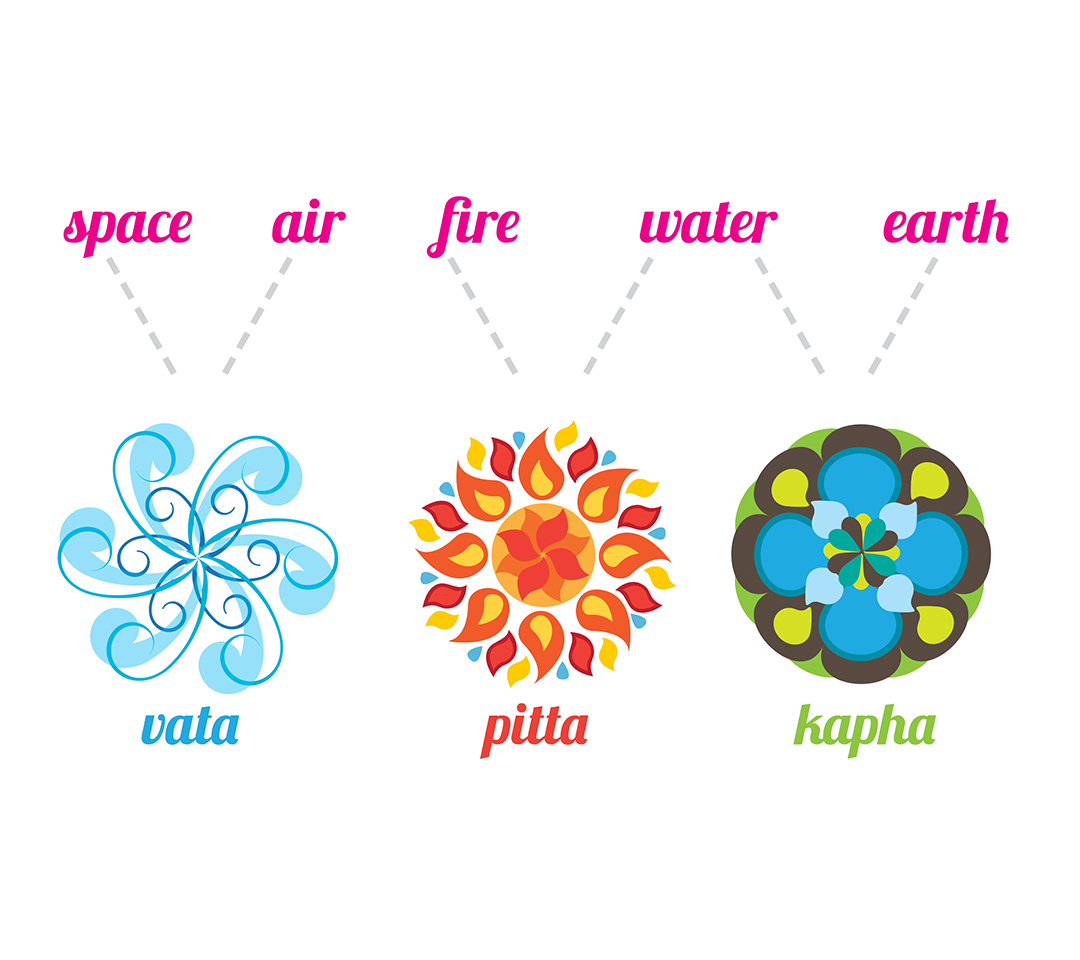
Understanding the Three Doshas of Ayurveda
Understanding the Three Doshas of Ayurveda Ayurveda ... Read More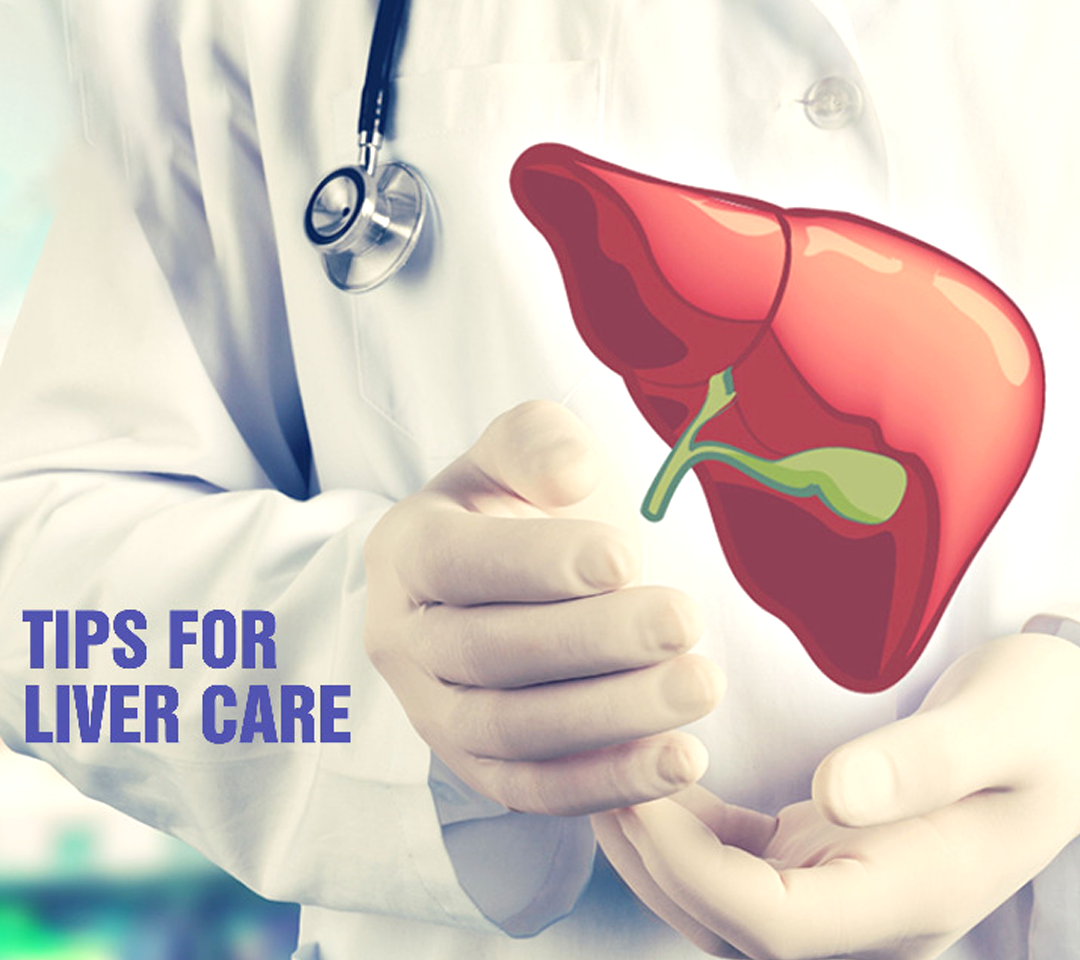
The Importance of Liver Health: Tips for a Healthy Liver
The Importance of Liver Health: Tips for a Healthy Liver, Th... Read More
How Do I Cure Asthma Naturally?
How Do I Cure Asthma Naturally, Avoiding triggers such ... Read More
How Do I Control Blood Pressure?
How Do I Control Blood Pressure, High blood pressure, also k... Read More
Is Ayurvedic Medicine For Diabetes Safe?
Is Ayurvedic Medicine For Diabetes Safe, Ayurvedic medi... Read More
Which Is The Best Ayurvedic Cough Syrup?
Which Is The Best Ayurvedic Cough Syrup, There are sev... Read More
How Do I Boost Immunity With Natural Medication?
How Do I Boost Immunity With Natural Medication, There are s... Read More
What can I do to cure my PCOD/PCOS without medicine?
What can I do to cure my PCOD/PCOS without medicine, Po... Read More
Can Healthy Eating Prevent Cancer?
Can Healthy Eating Prevent Cancer Cancer is a complex d... Read More
How do we increase the immunity of our body?
How do we increase the immunity of our body, The human ... Read More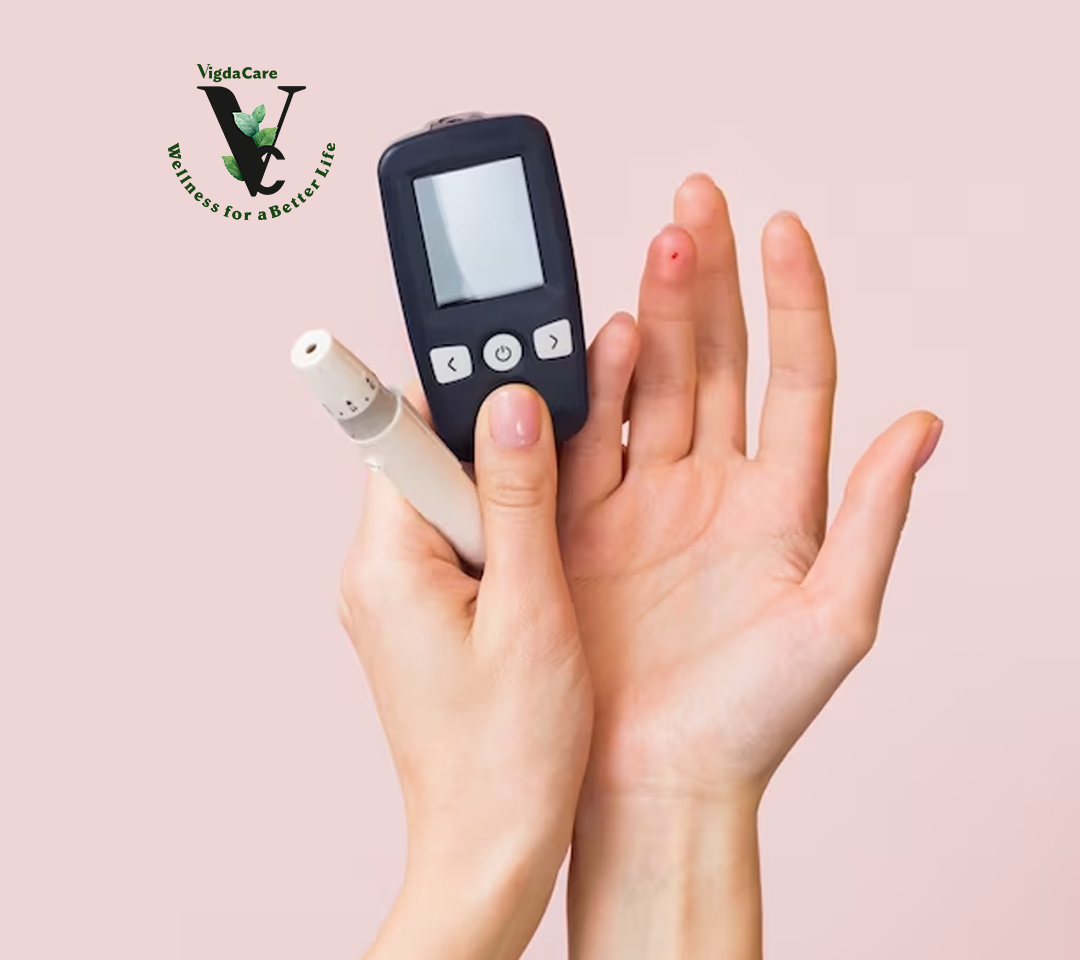
How do I reverse diabetes naturally in 30 days?
How do I reverse diabetes naturally in 30 days, Diabete... Read More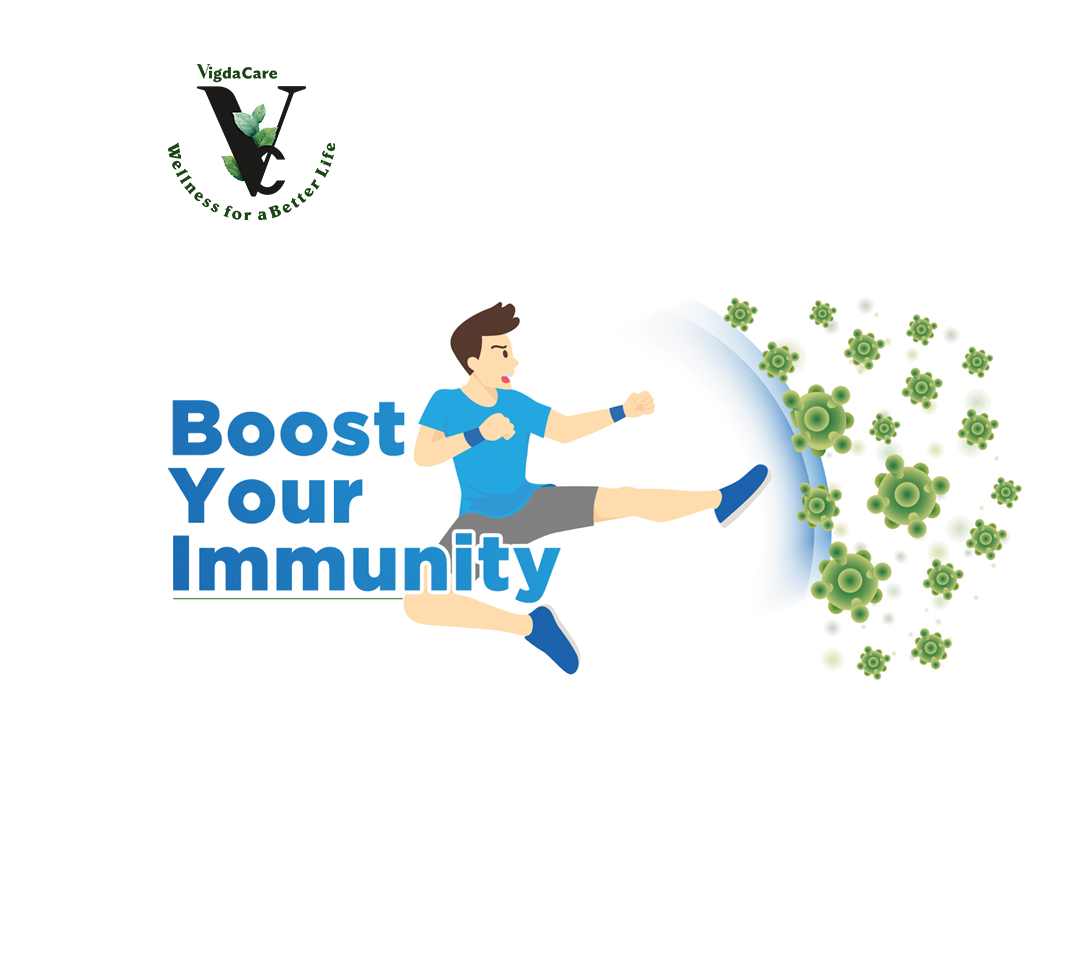
Are the immunity booster tablets safe?
Are the immunity booster tablets safe, Immunity booster... Read More
What Are Some Remedies For High BP?
What Are Some Remedies For High BP, High blood pressure... Read More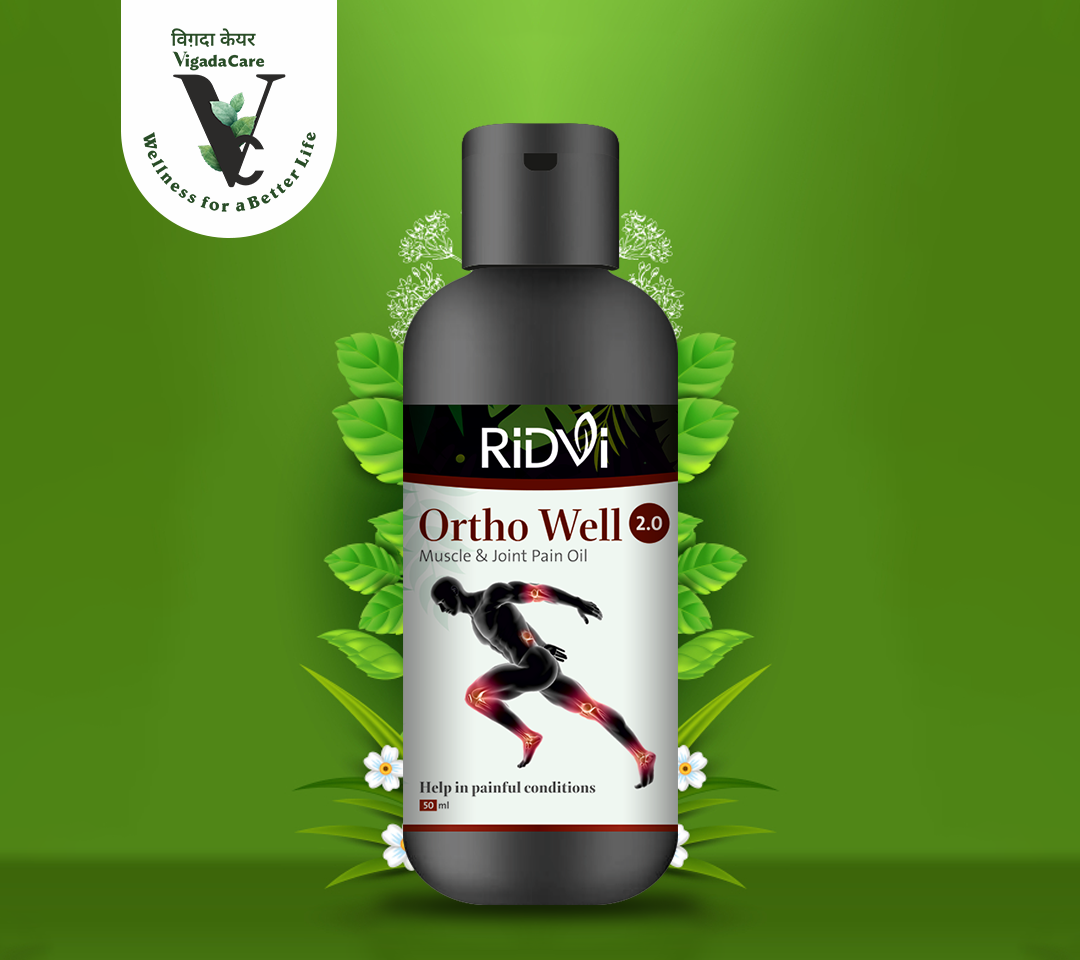
Which Is The Best Ayurveda Natural Oil For My Joint Pain?
Which Is The Best Ayurveda Natural Oil For My Joint Pain,&nb... Read More
Can PCOD Be Cured? Is There Any Natural Way Of It?
Can PCOD Be Cured? Is There Any Natural Way Of It, PCOD... Read More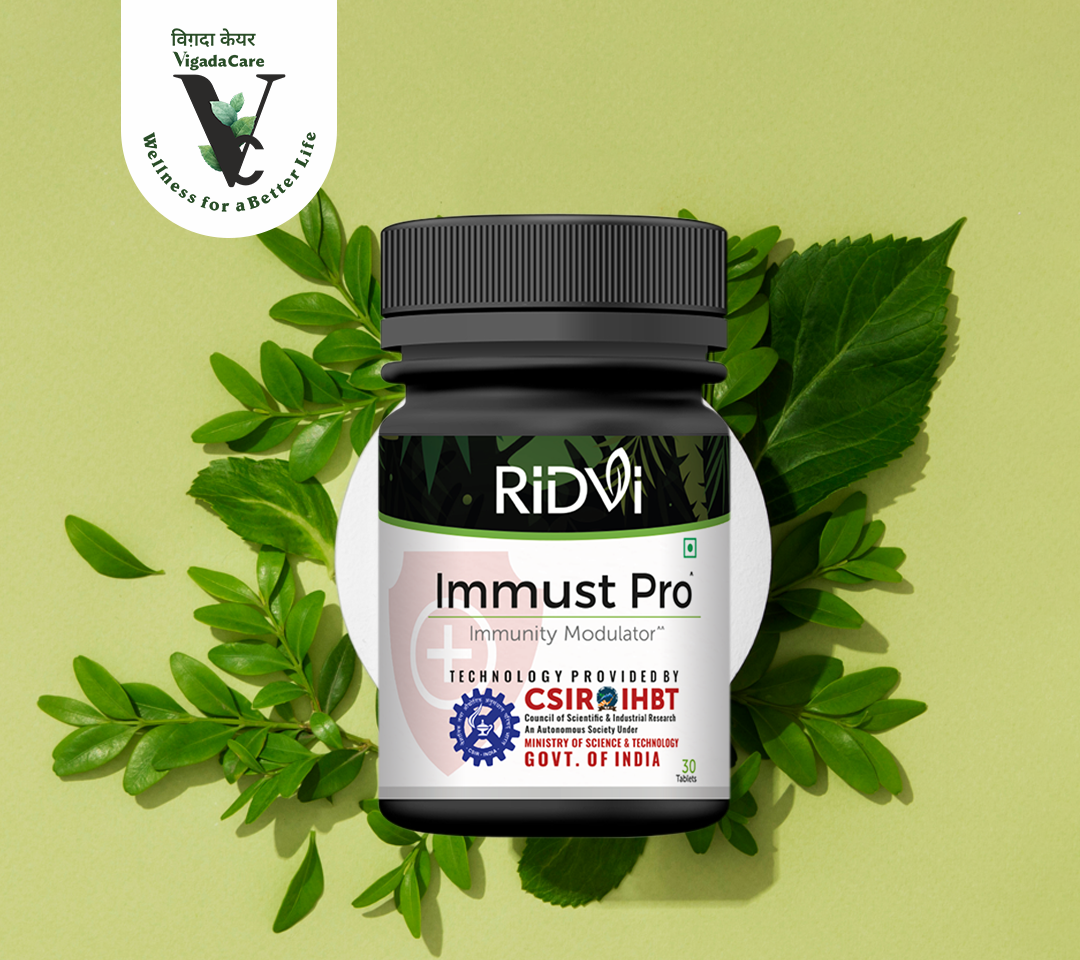
Are There Any Supplements That Help Improve Immunity?
Are There Any Supplements That Help Improve Immunity, U... Read More
How Do I Stabilize Blood Sugar With Ayurveda?
How Do I Stabilize Blood Sugar With Ayurveda, Diabetes ... Read More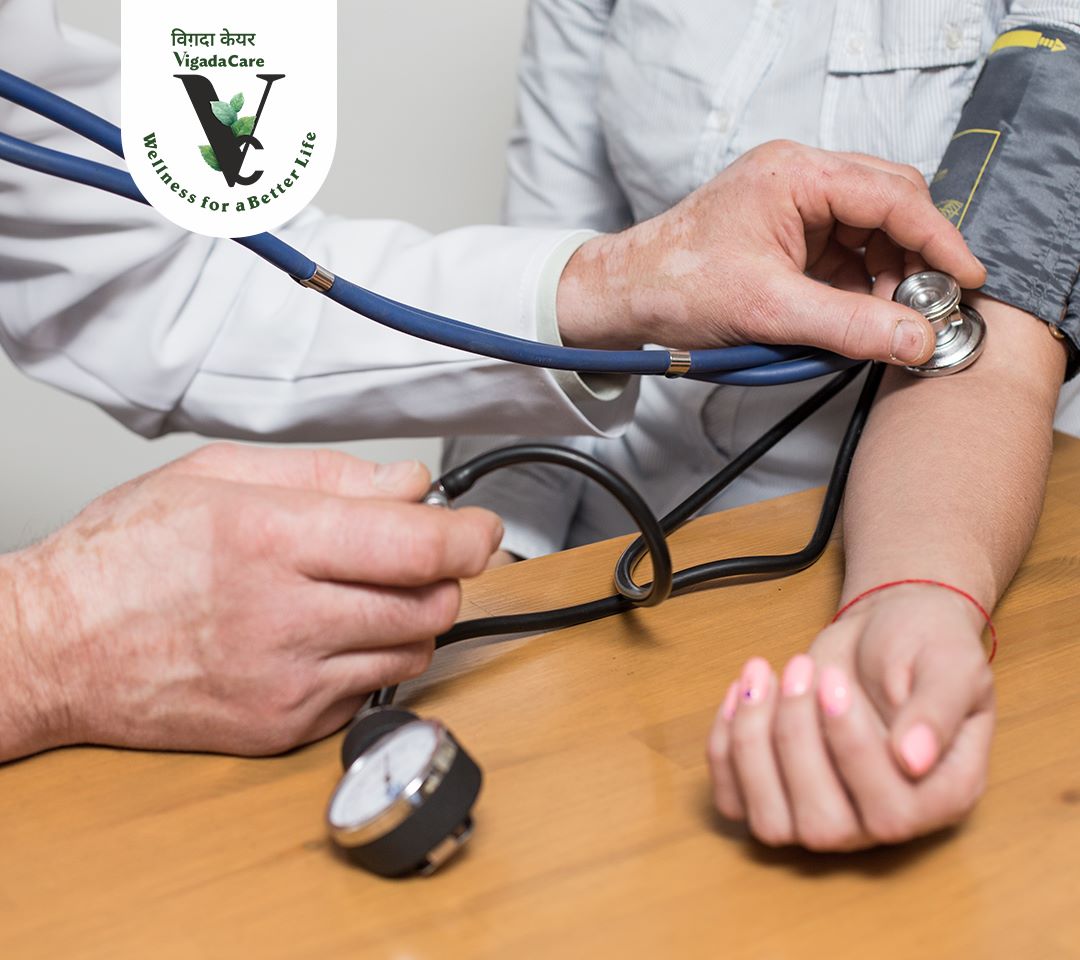
What's The Best Natural Medicine For BP?
What's The Best Natural Medicine For BP, It's important... Read More
Is There Any Ayurveda Treatment Of PCOD?
Is There Any Ayurveda Treatment Of PCOD, PCOD is a comm... Read More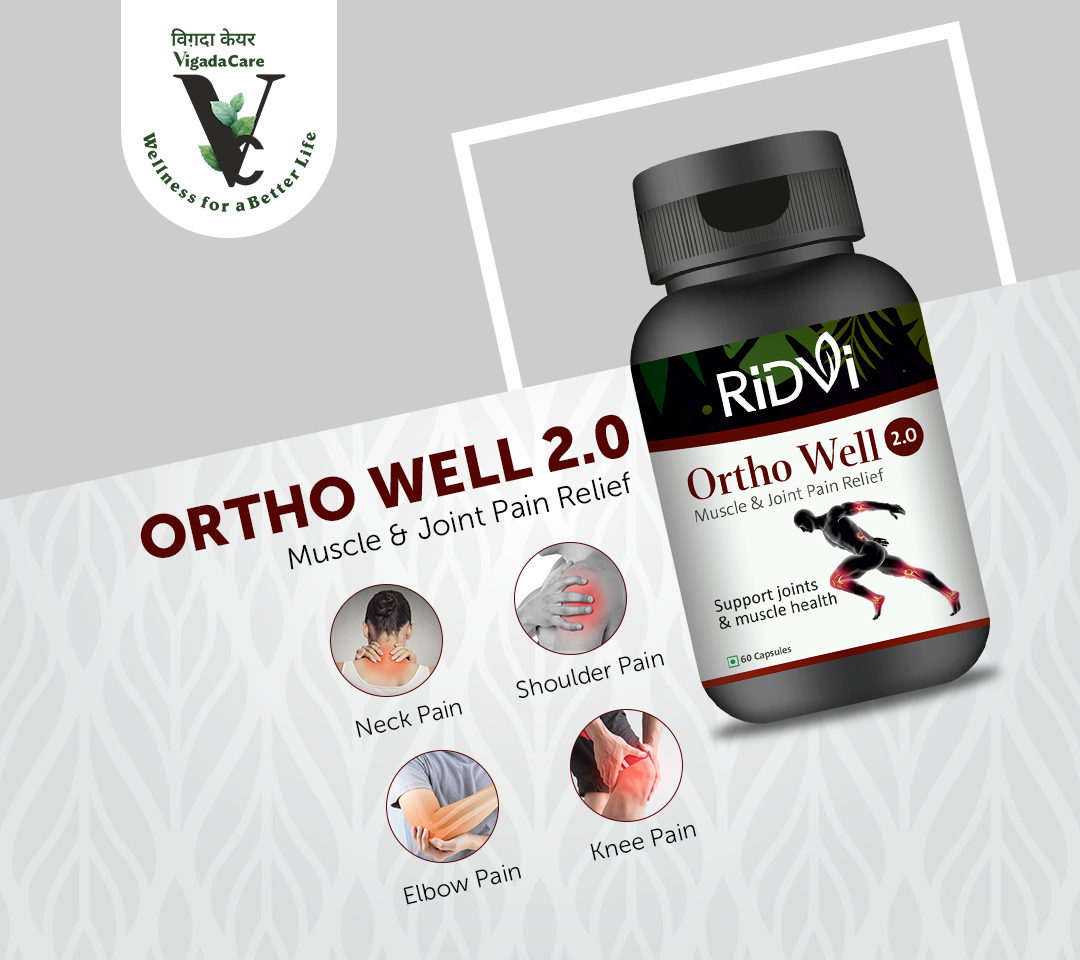
What Is The Best Ayurvedic Medicine For Joint Pain?
What Is The Best Ayurvedic Medicine For Joint Pain, The... Read More
What Do You Do When Blood Sugar Is High?
What Do You Do When Blood Sugar Is High, If you have di... Read More
Is There Any Ayurvedic Treatment For Jaundice?
Is There Any Ayurvedic Treatment For Jaundice, Yes, Ayu... Read More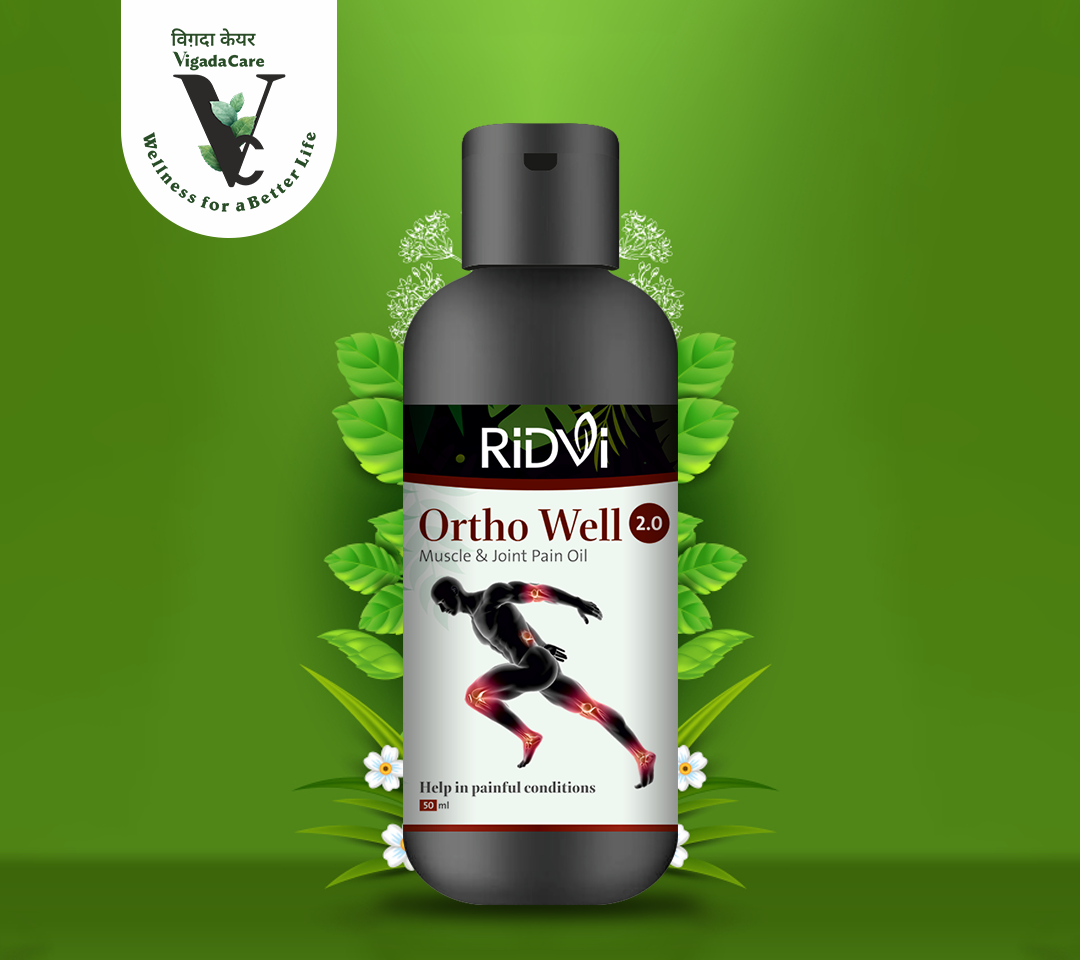
Which Is The Best Oil For Joints Pain Available In India?
Which Is The Best Oil For Joints Pain Available In India,&nb... Read More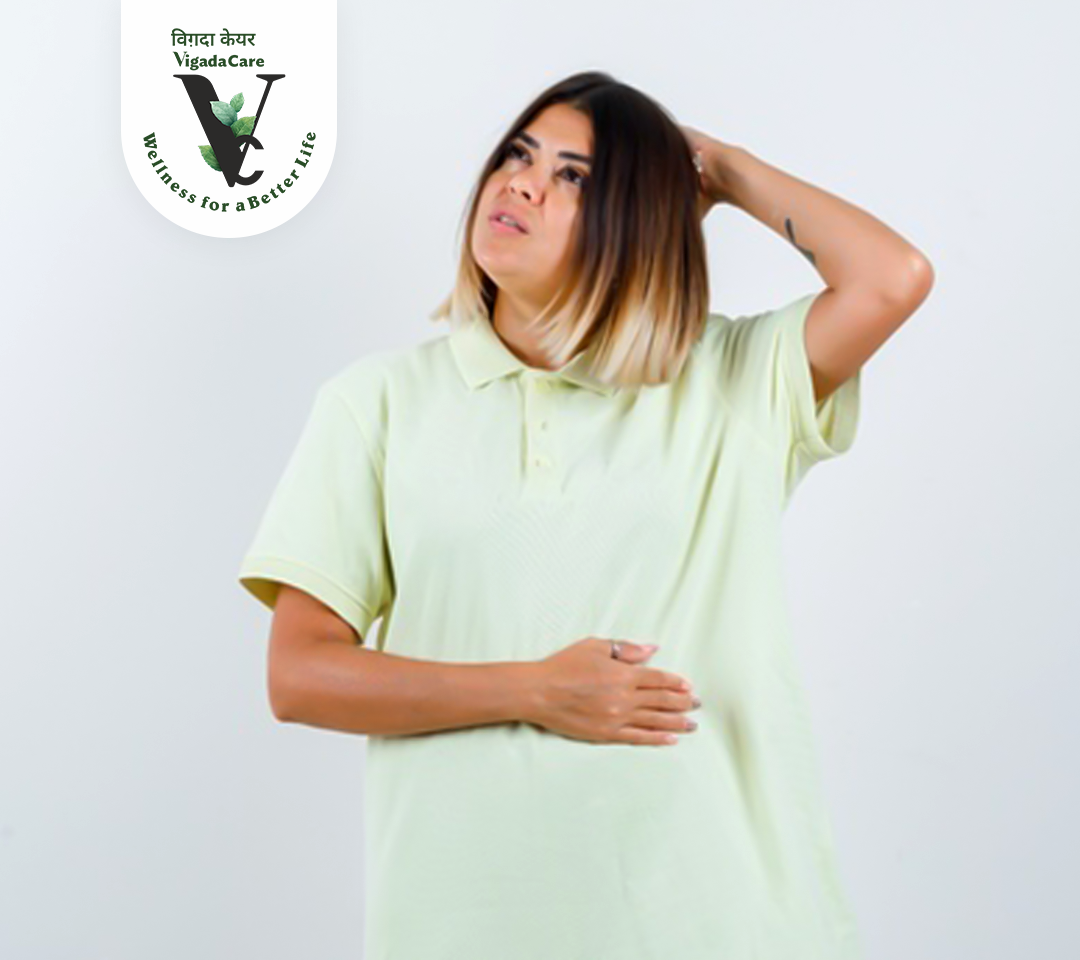
Can PCOS Really Make You Fat?
Can PCOS Really Make You Fat, PCOD or PCOS (polycystic ... Read More
Is Taking CoQ10 Supplement Is Safe?
Is Taking CoQ10 Supplement Is Safe, Yes, Coenzyme Q10 (... Read More
How Do I Cure Asthma Naturally?
How Do I Cure Asthma Naturally, Asthma is a chronic res... Read More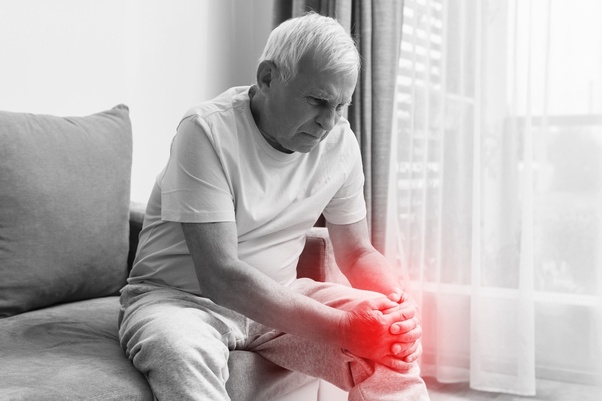
How Can I Remove Beginning Joint Pain With A Home Remedy?
How Can I Remove Beginning Joint Pain With A Home Remedy,&nb... Read More
What Should I Do To Get Regular Periods?
What Should I Do To Get Regular Periods, To ensure regu... Read More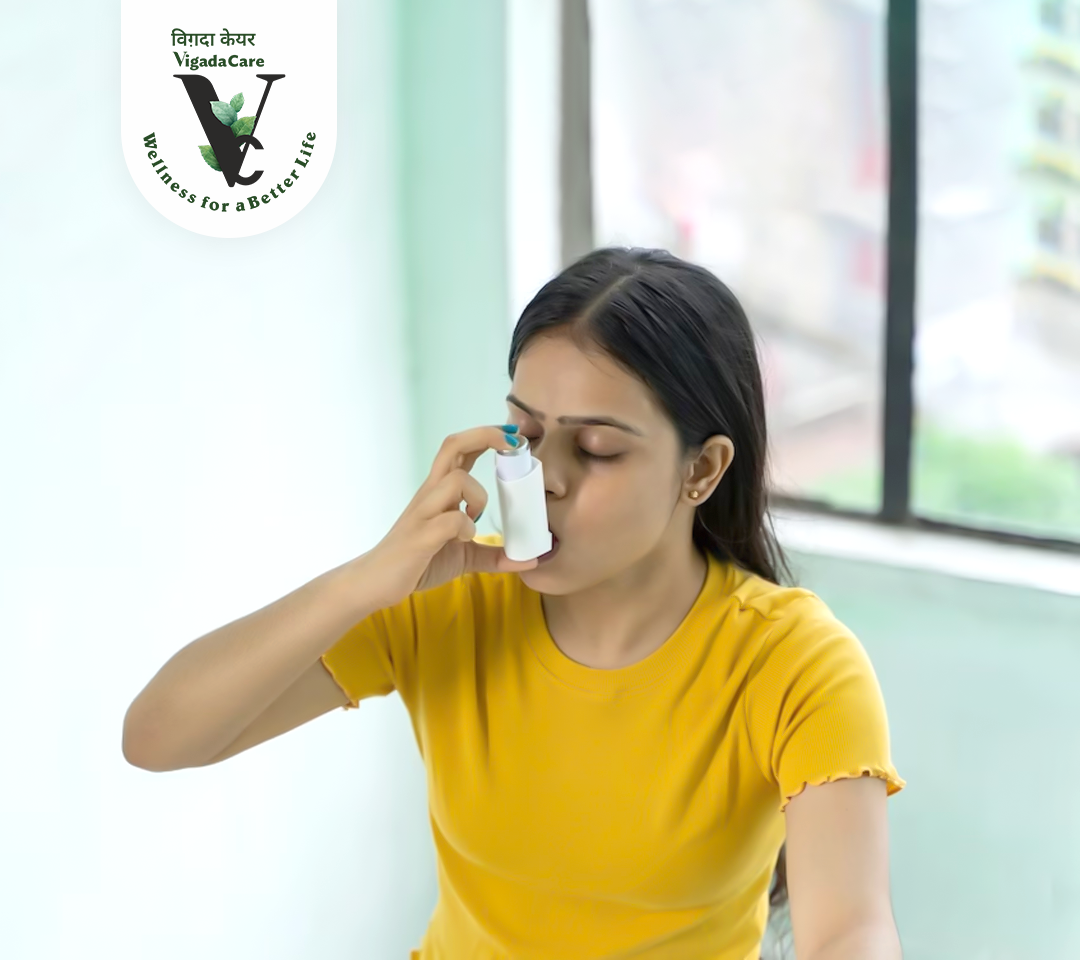
How Can I Cure Asthma With Ayurveda?
How Can I Cure Asthma With Ayurveda, Asthma, a chronic ... Read More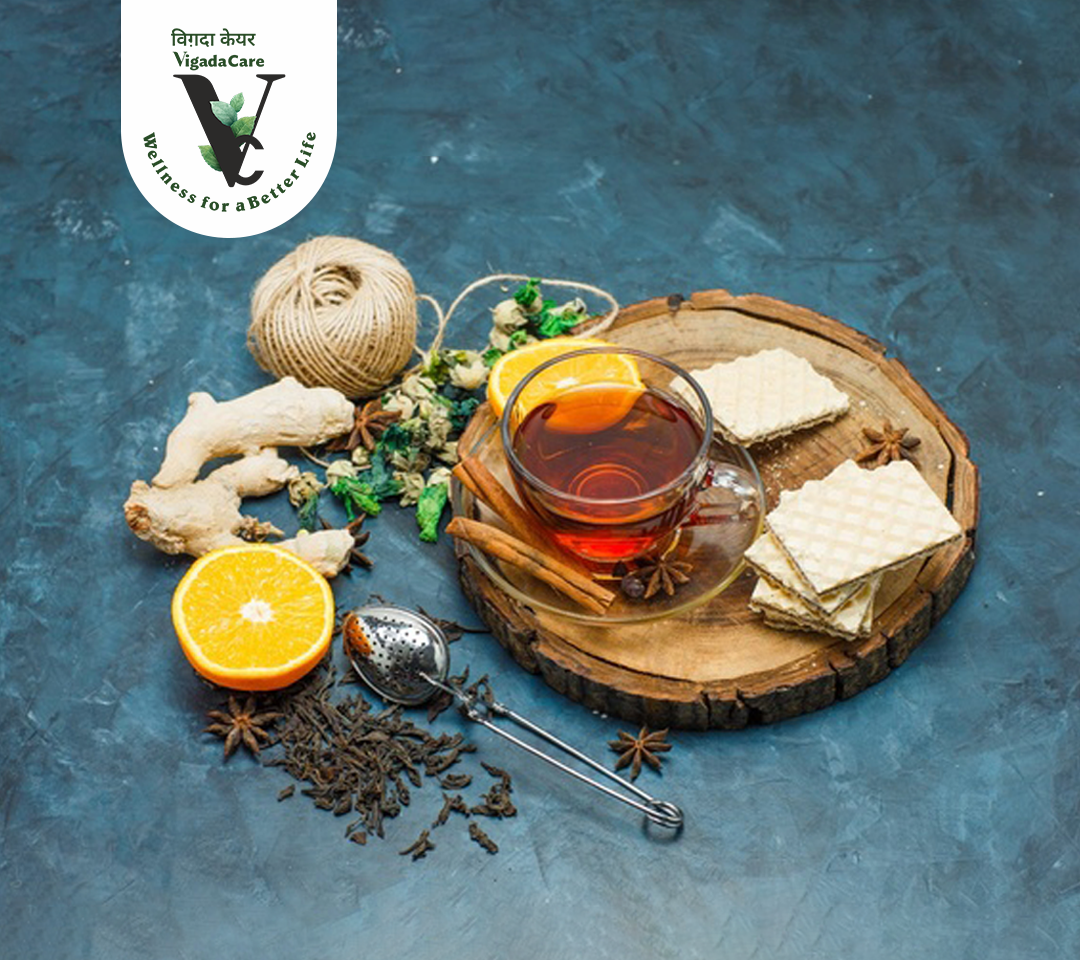
Is It Better To Have Antioxidants Via Supplement Or Food Intake?
Is It Better To Have Antioxidants Via Supplement Or Food Int... Read More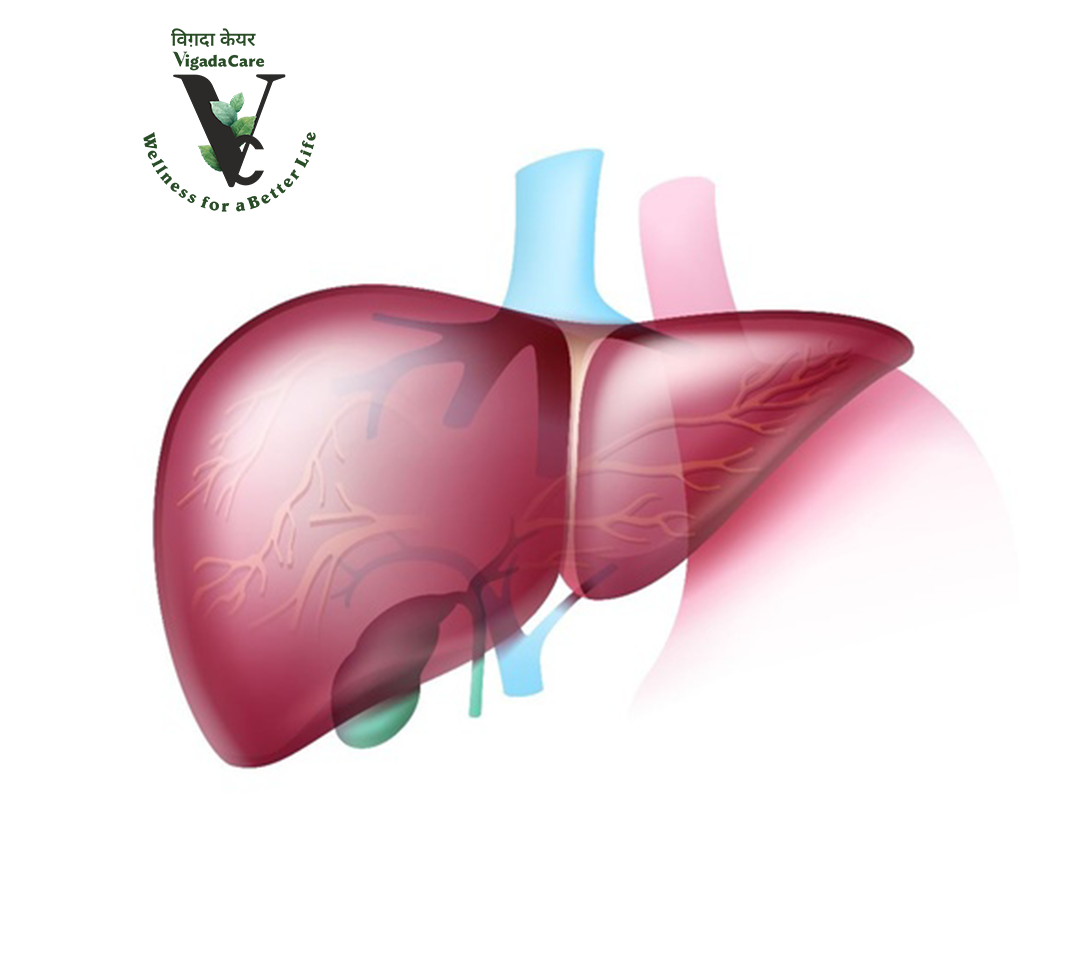
How Can I Reduce Bilirubin Levels In My Body?
How Can I Reduce Bilirubin Levels In My Body, Bilirubin... Read More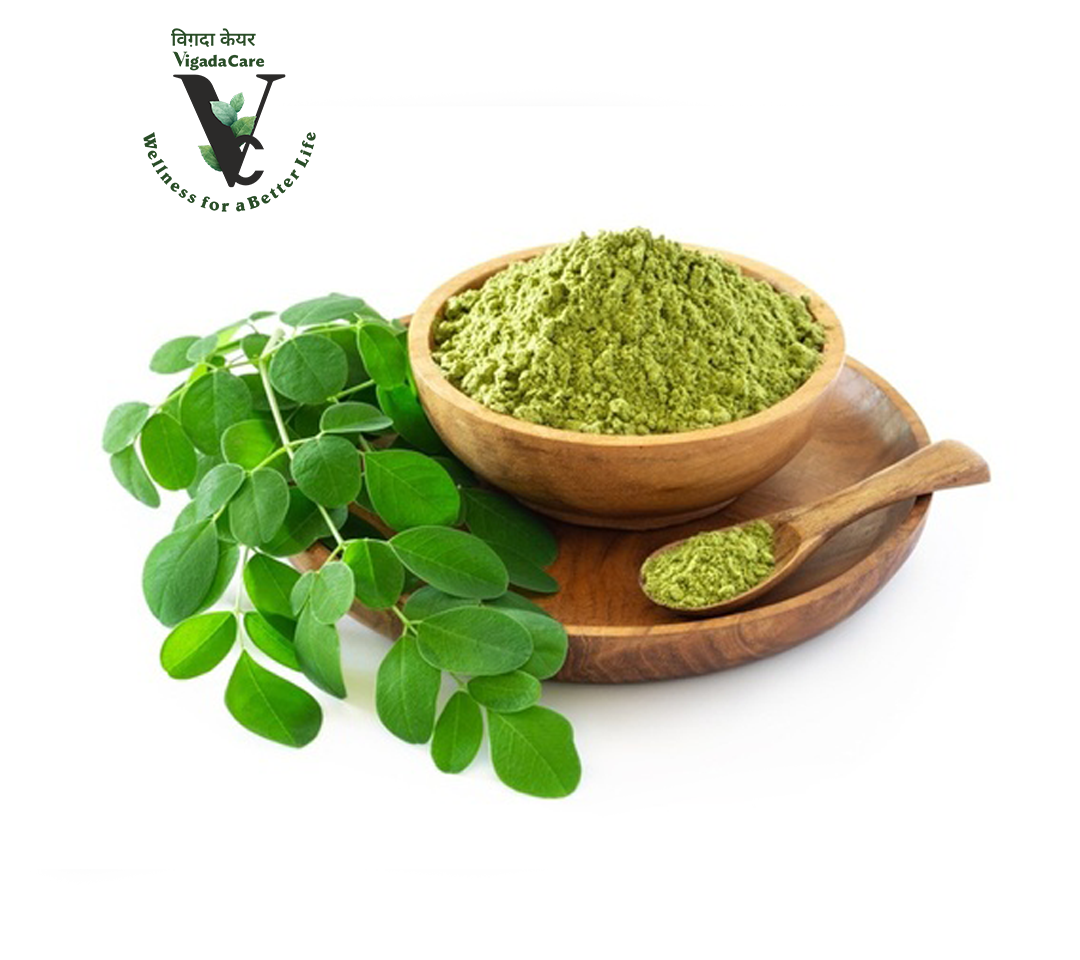
How Good Is Moringa Leaf Powder For You?
How Good Is Moringa Leaf Powder For You, Moringa leaf p... Read More
How Can I Treat PCOS Naturally?
How Can I Treat PCOS Naturally, Polycystic ovary syndro... Read More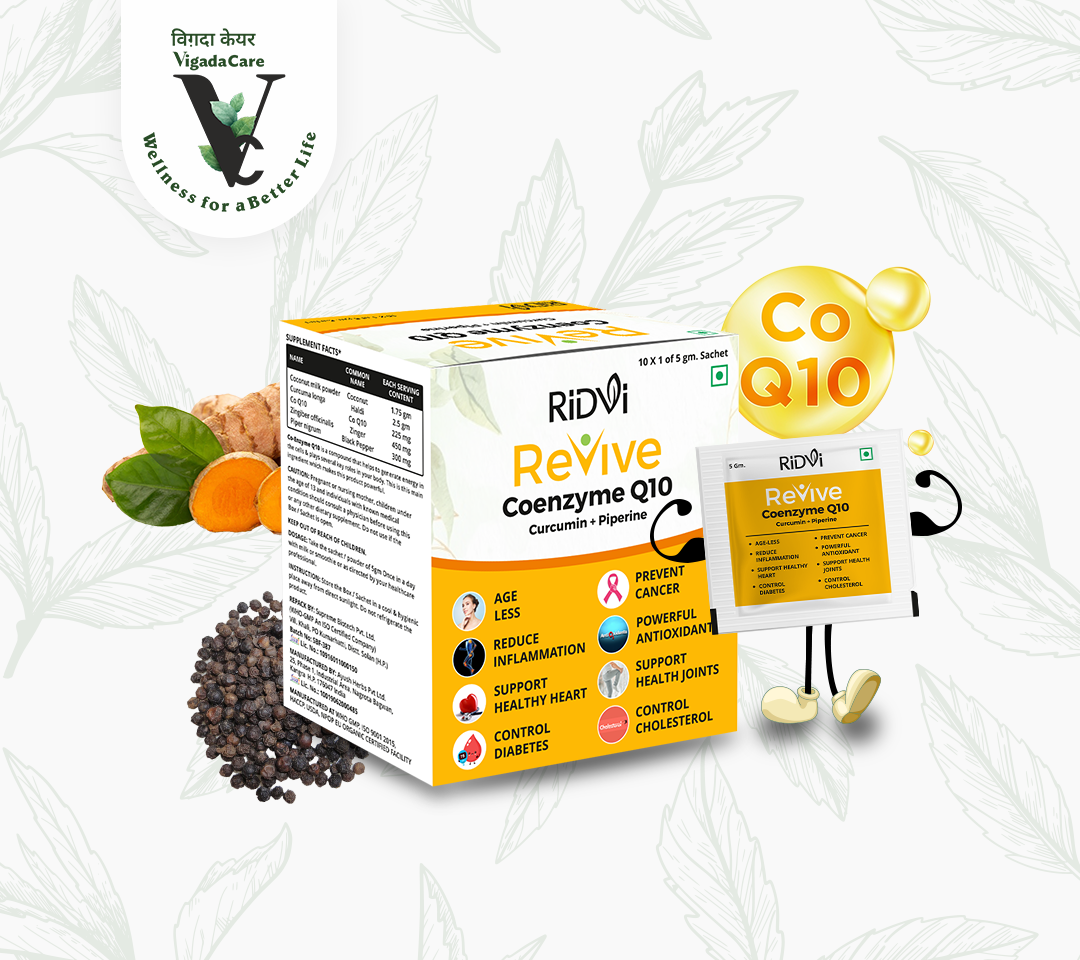
Do Antioxidants Prevent Cancer? How So?
Do Antioxidants Prevent Cancer? How So, Antioxidants, c... Read More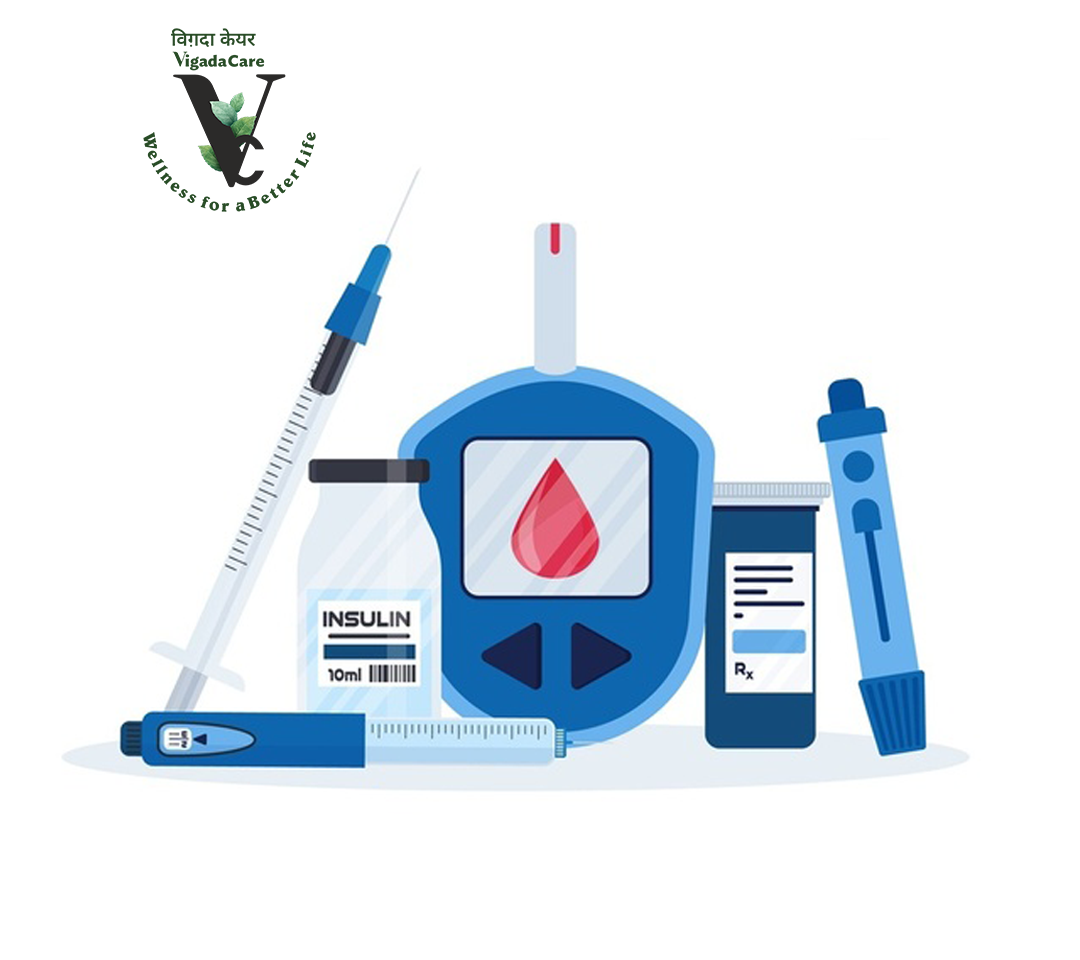
What Are The Primary Types Of Diabetes? What Role Does Ayurveda Imply In Treating Diabetes?
What Are The Primary Types Of Diabetes? What Role Does Ayurv... Read More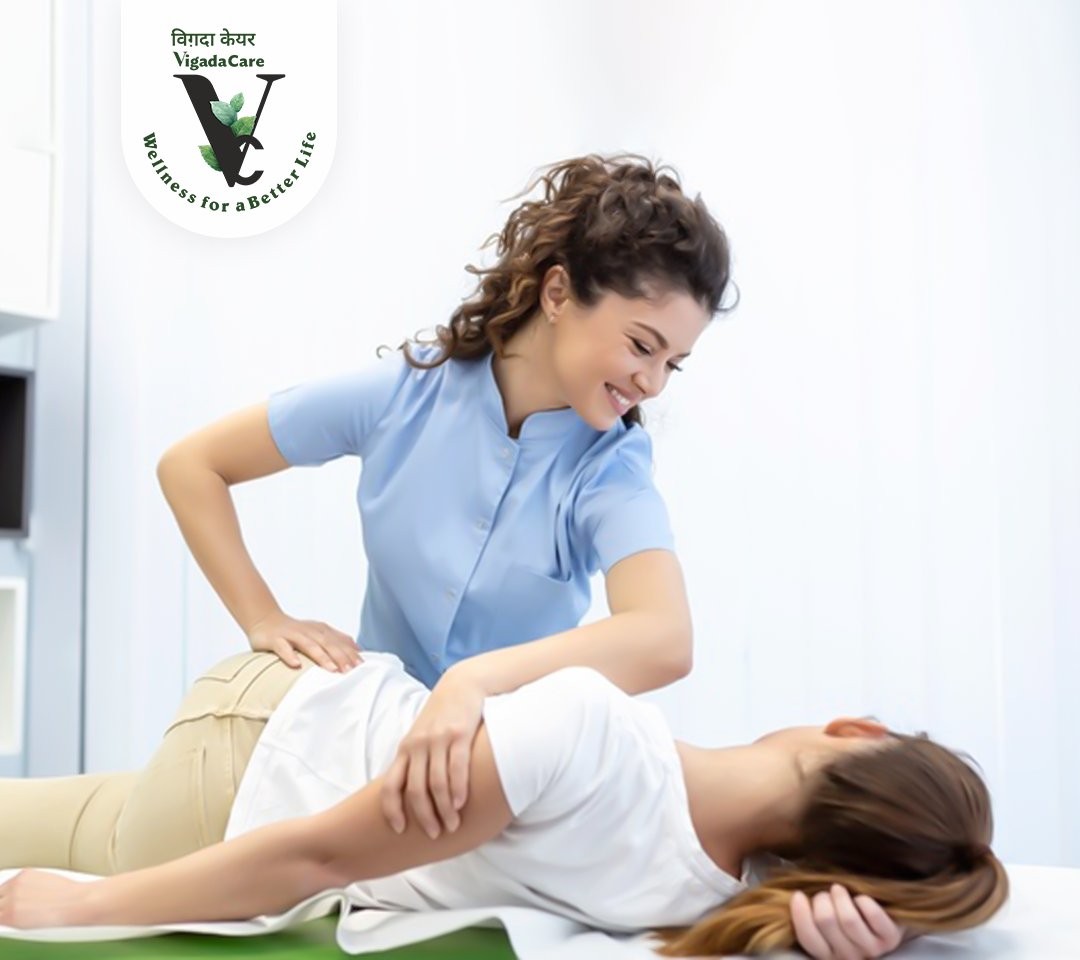
Is Massage Good For Sciatica?
Is Massage Good For Sciatica, Yes, massage can be extre... Read More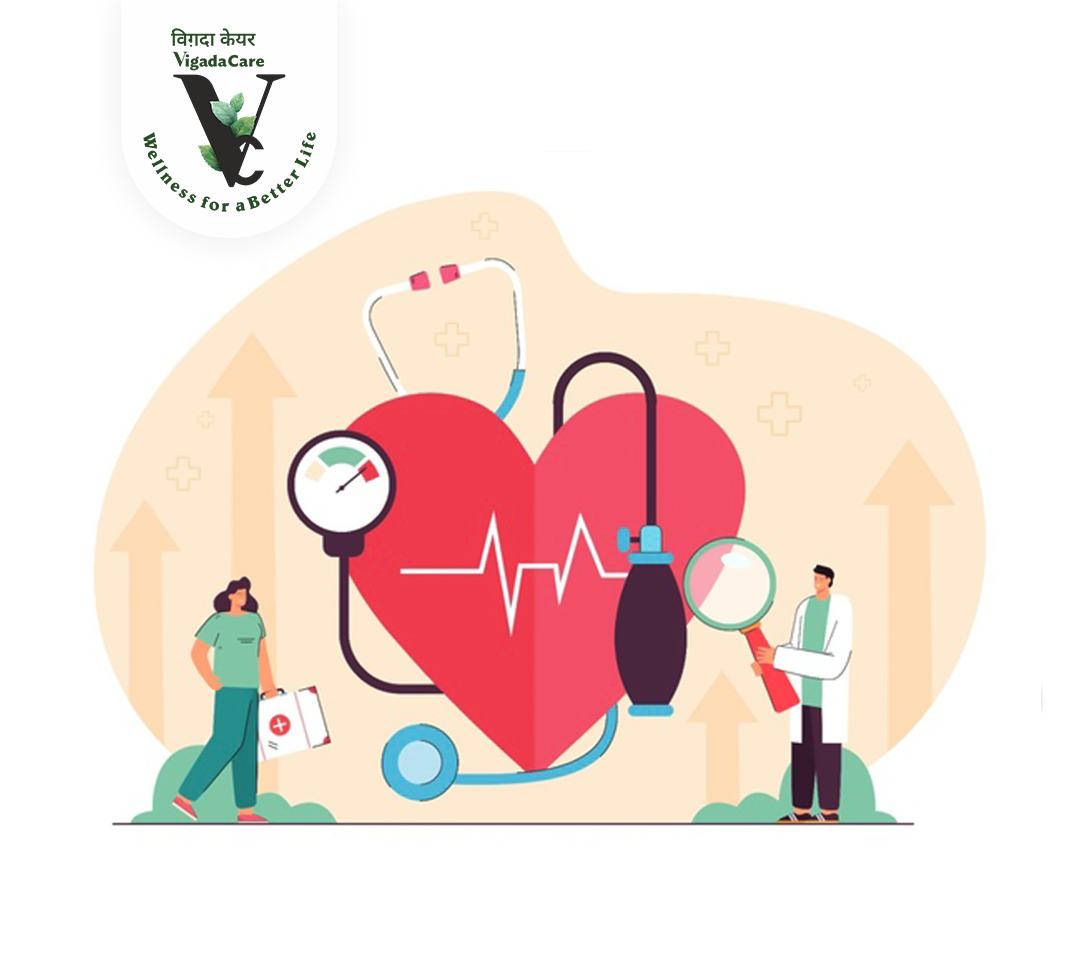
How do I treat blood pressure with Ayurveda?
How do I treat blood pressure with Ayurveda, Managing b... Read More
Do anti-oxidents help prevent cancer?
Do anti-oxidents help prevent cancer, Yes, antioxidants... Read More
Why Are Antioxidants Good For The Skin?
Why Are Antioxidants Good For The Skin, Antioxidants pl... Read More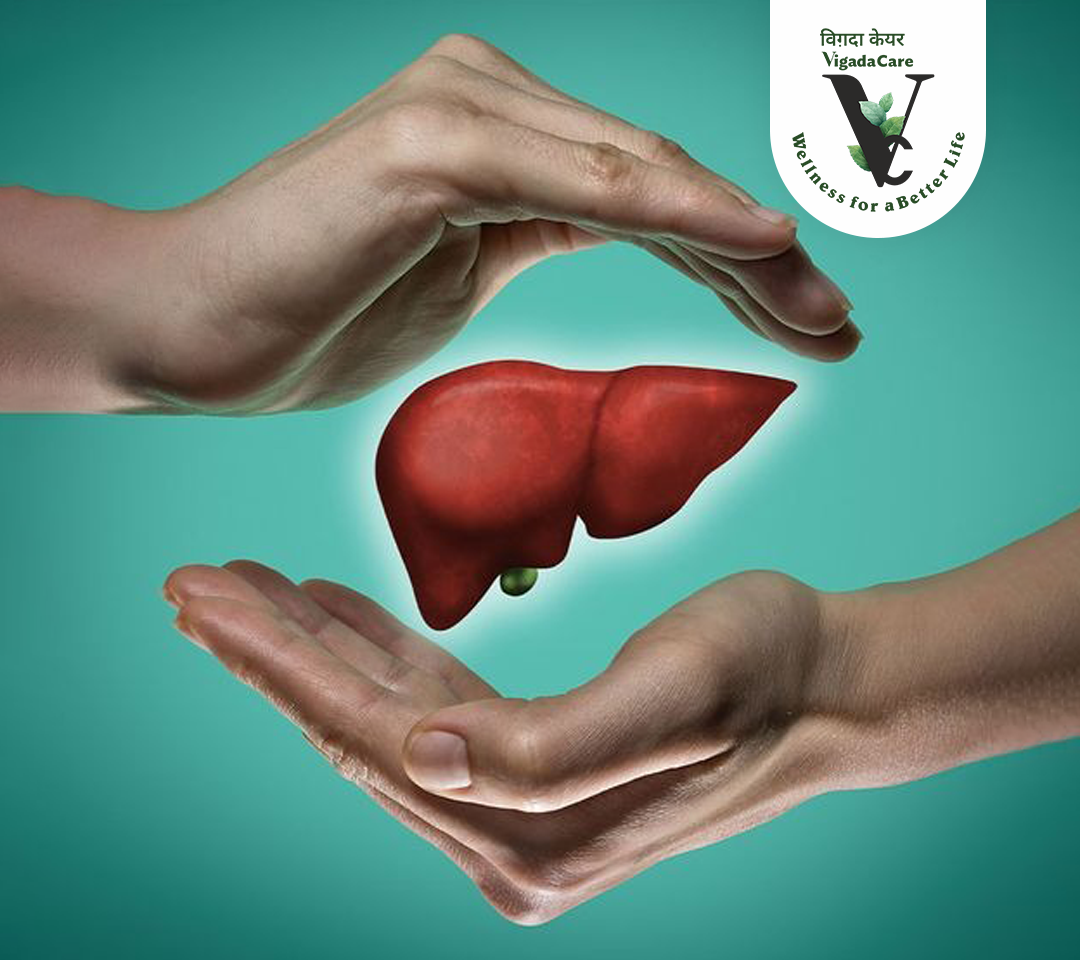
Tips for a Healthy Liver: Why is Liver Health Important?
Tips for a Healthy Liver: Why is Liver Health Important?&nbs... Read More
How Can I Treat My Asthma Naturally?
How Can I Treat My Asthma Naturally, Millions of indivi... Read More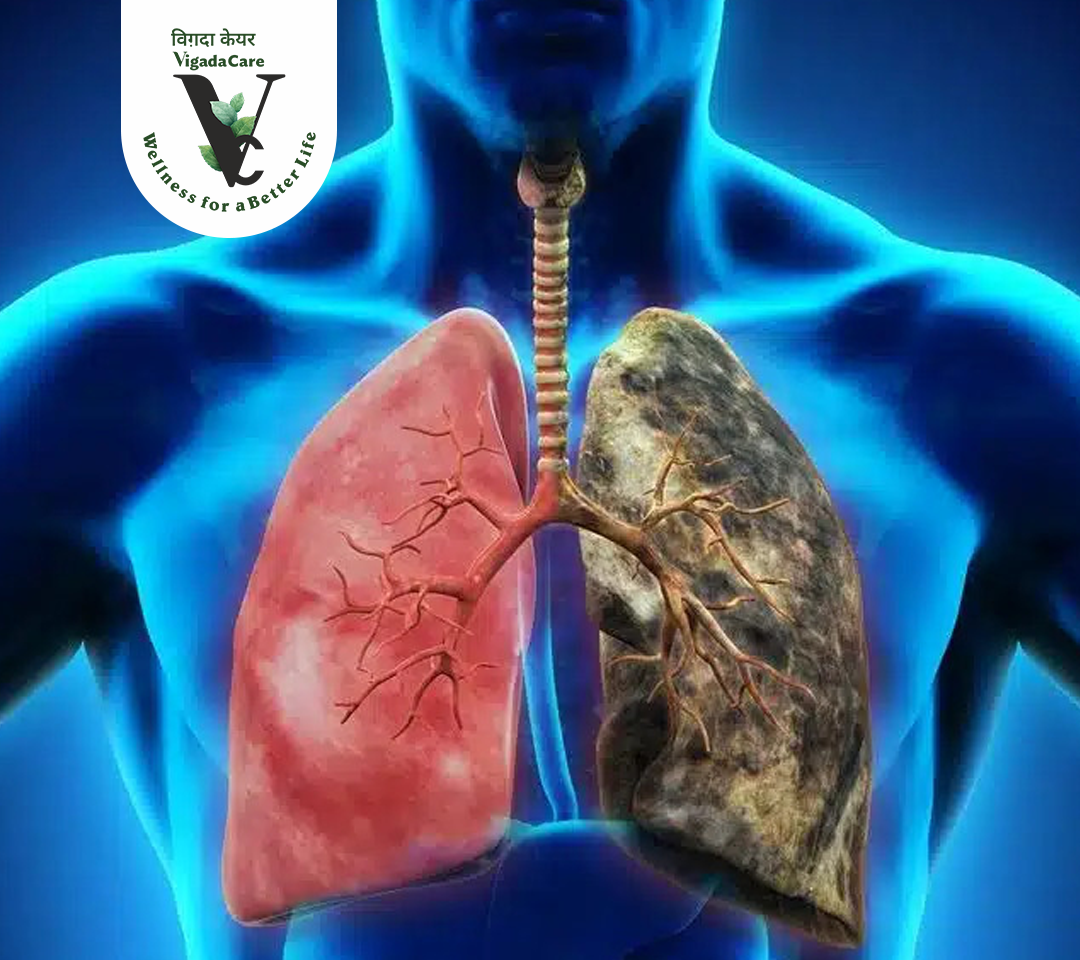
How Can I Keep My Respiratory System Healthy?
How can I keep my respiratory system healthy, Maintaining a ... Read More
Is There Any Ayurveda Treatment Of COPD?
Is There Any Ayurveda Treatment Of COPD, COPD (Chronic ... Read More
"Breath of Life: Essential Lung Health Tips for a Healthy Respiratory System"
"Breath of Life: Essential Lung Health Tips for a Healthy Re... Read More
How to Deal with Arthritis in winter?
How to Deal with Arthritis in winter? ... Read More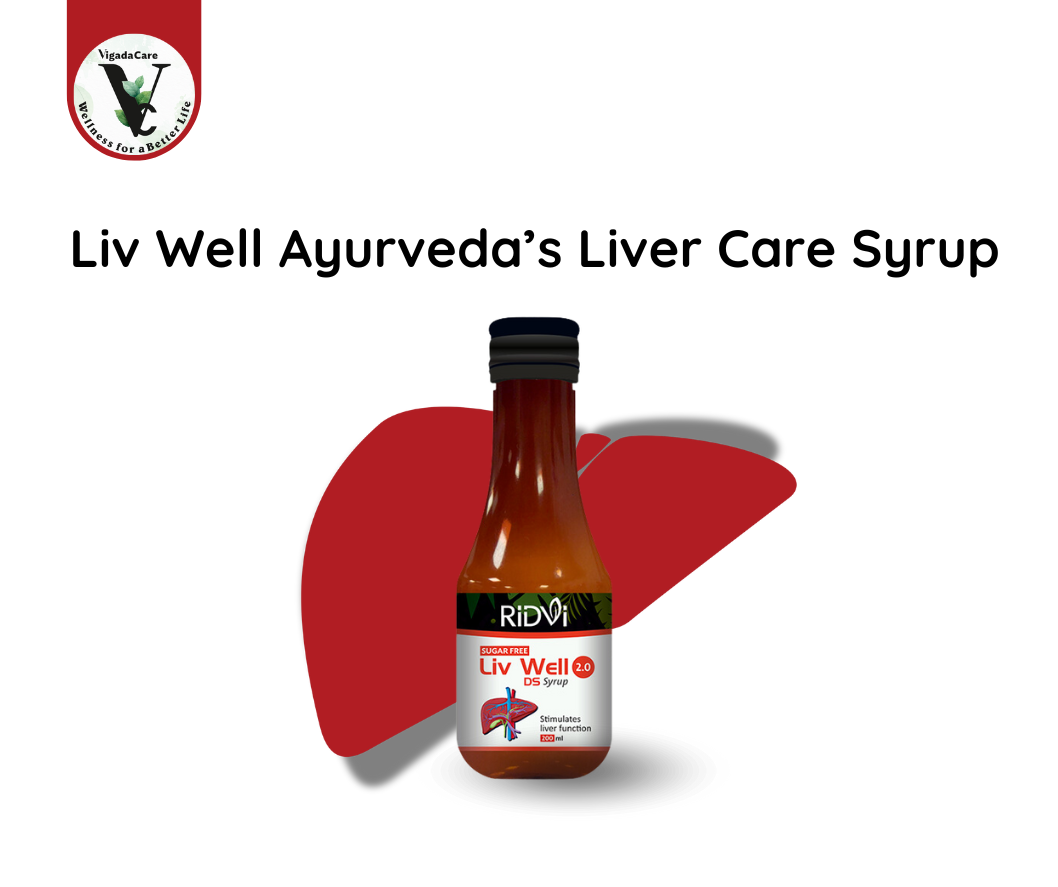
Ayurvedic Liver Syrup: Liv Well Ayurveda’s Liver Care Syrup: Health Benefits, Ingredients, and Uses
Ayurvedic Liver Syrup: Liv Well Ayurveda’s Liver Care ... Read More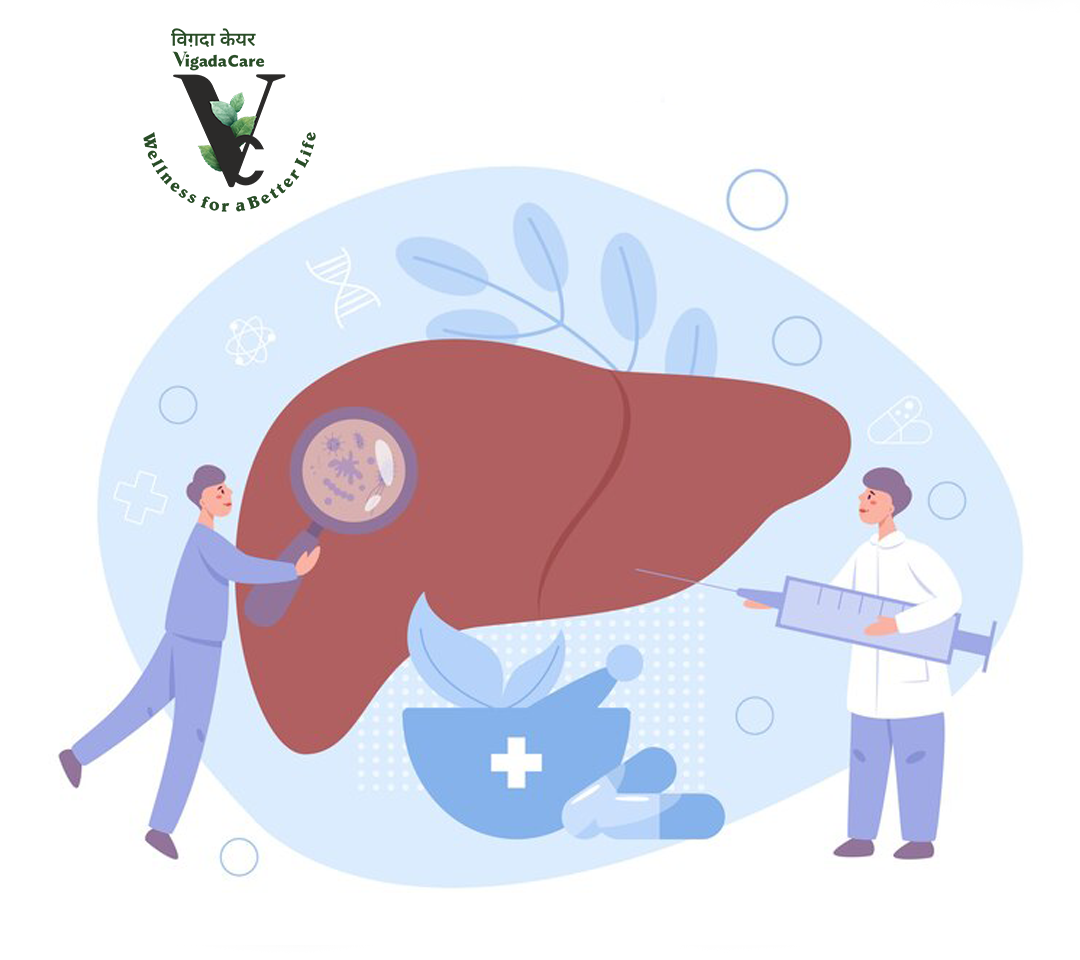
Understanding the Causes, Symptoms, and Treatment of Fatty Liver: A Silent Threat
Understanding the Causes, Symptoms, and Treatment of Fatty L... Read More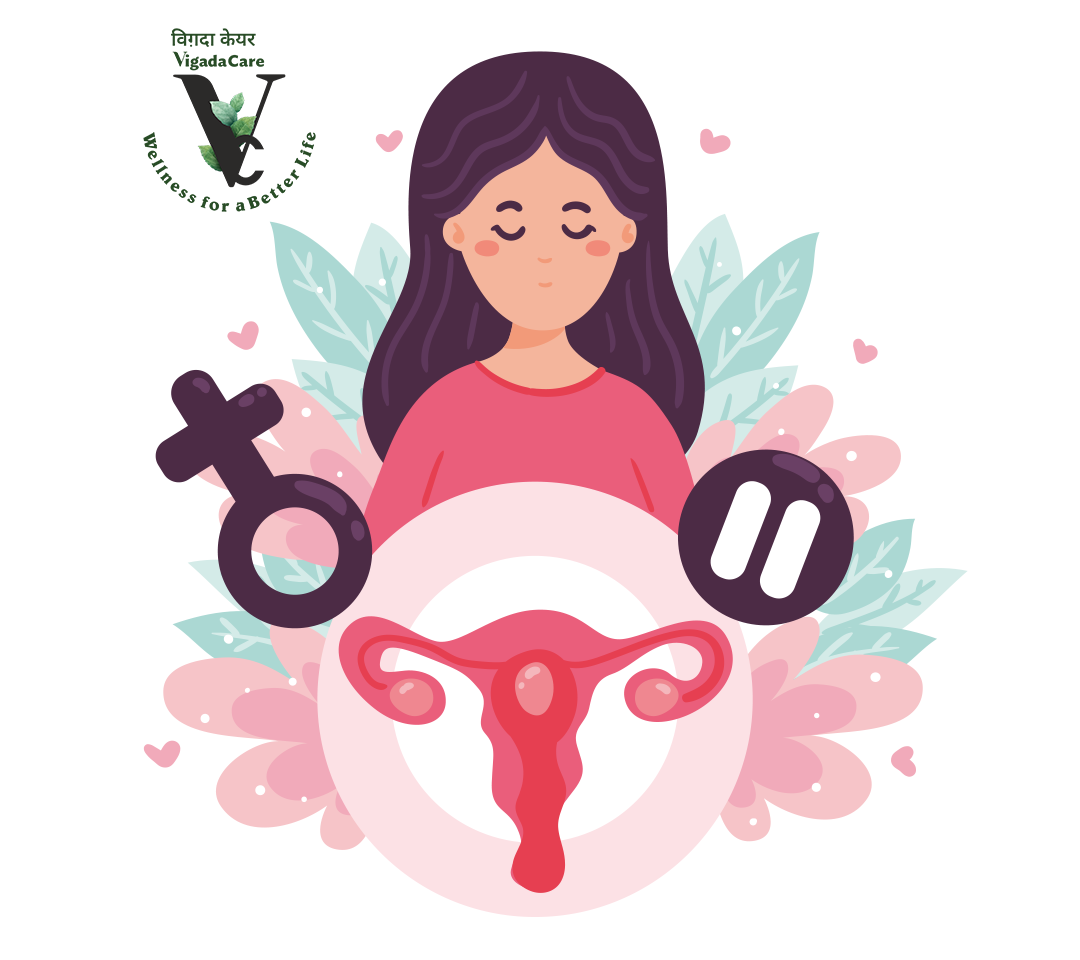
Understanding PCOD from an Ayurvedic Perspective
Understanding PCOD from an Ayurvedic Perspective &nbs... Read More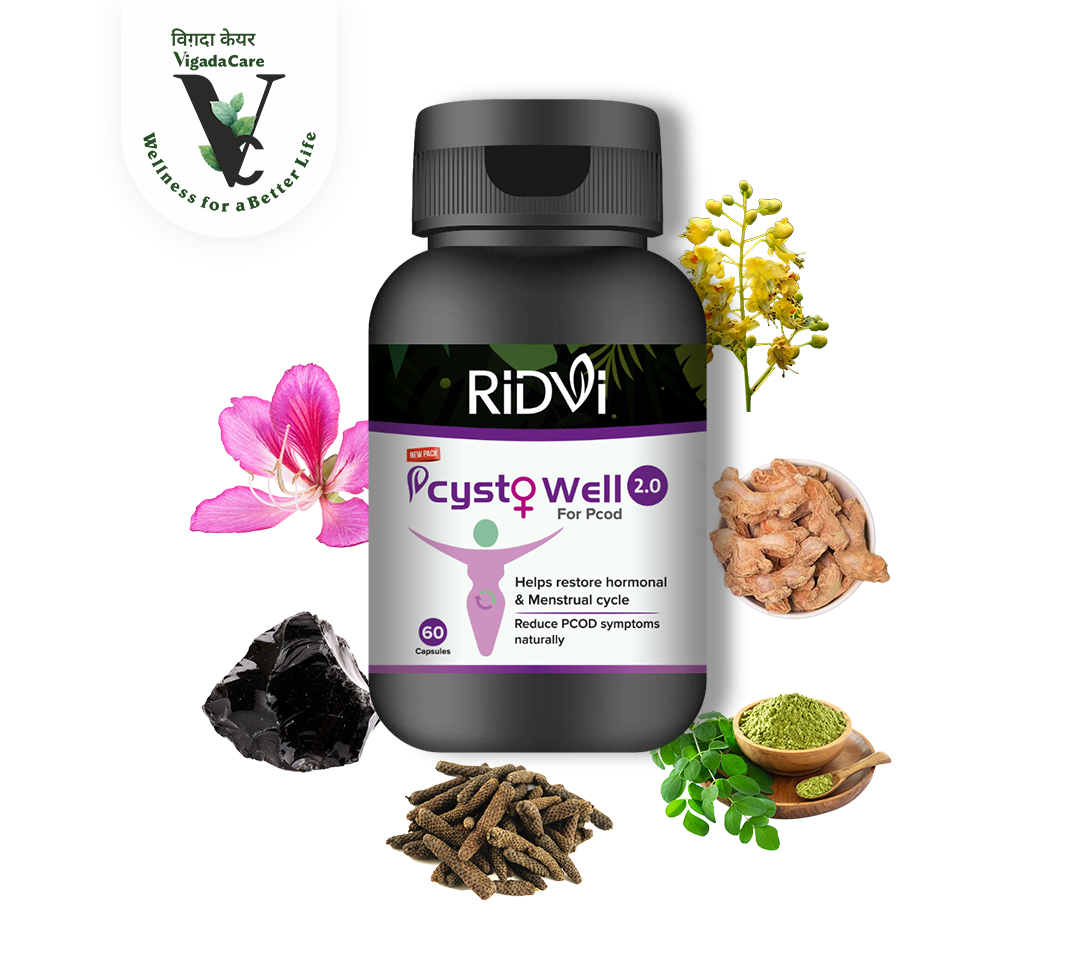
Common Herbs Used in Ayurveda for PCOD Treatment
Common Herbs Used in Ayurveda for PCOD Treatment Ayurvedic ... Read More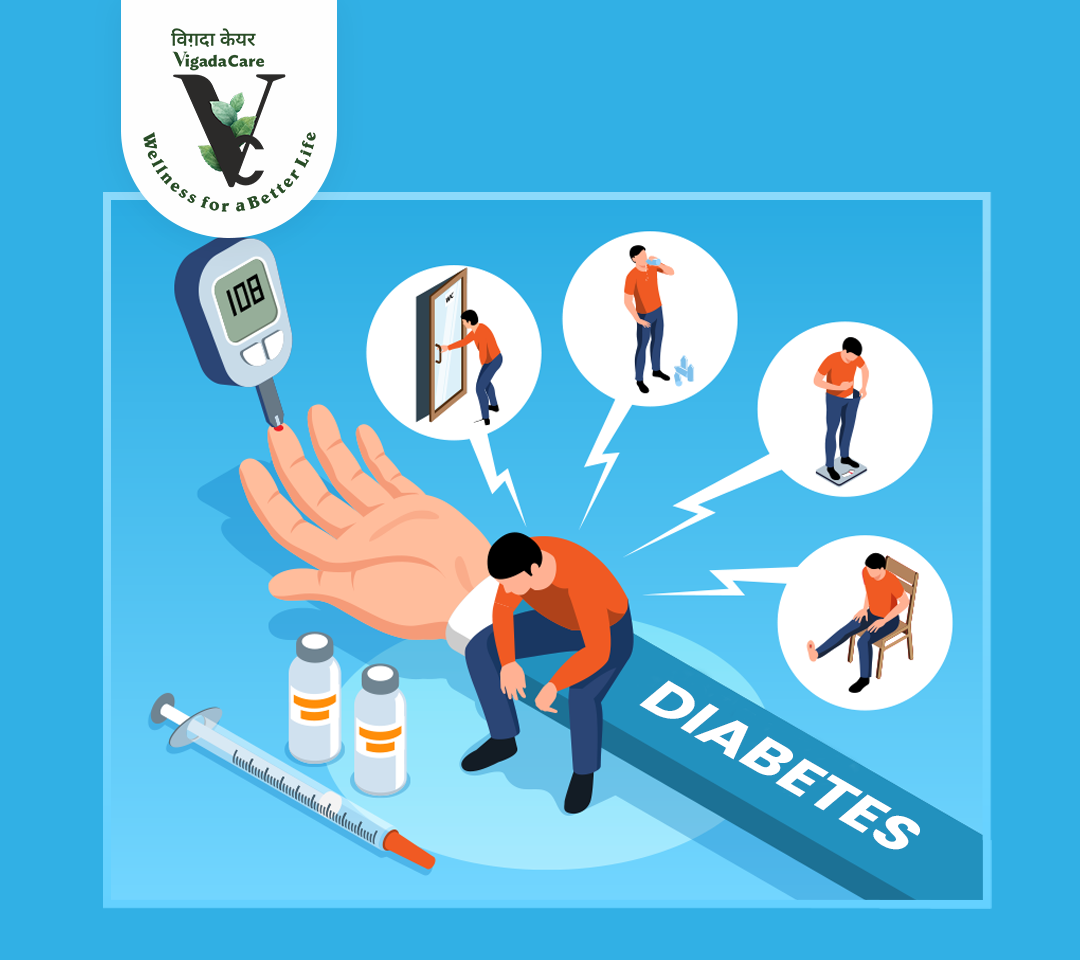
How is diabetes becoming a growing concern, and what are the Ayurvedic treatment options?
How is diabetes becoming a growing concern, and what are the... Read More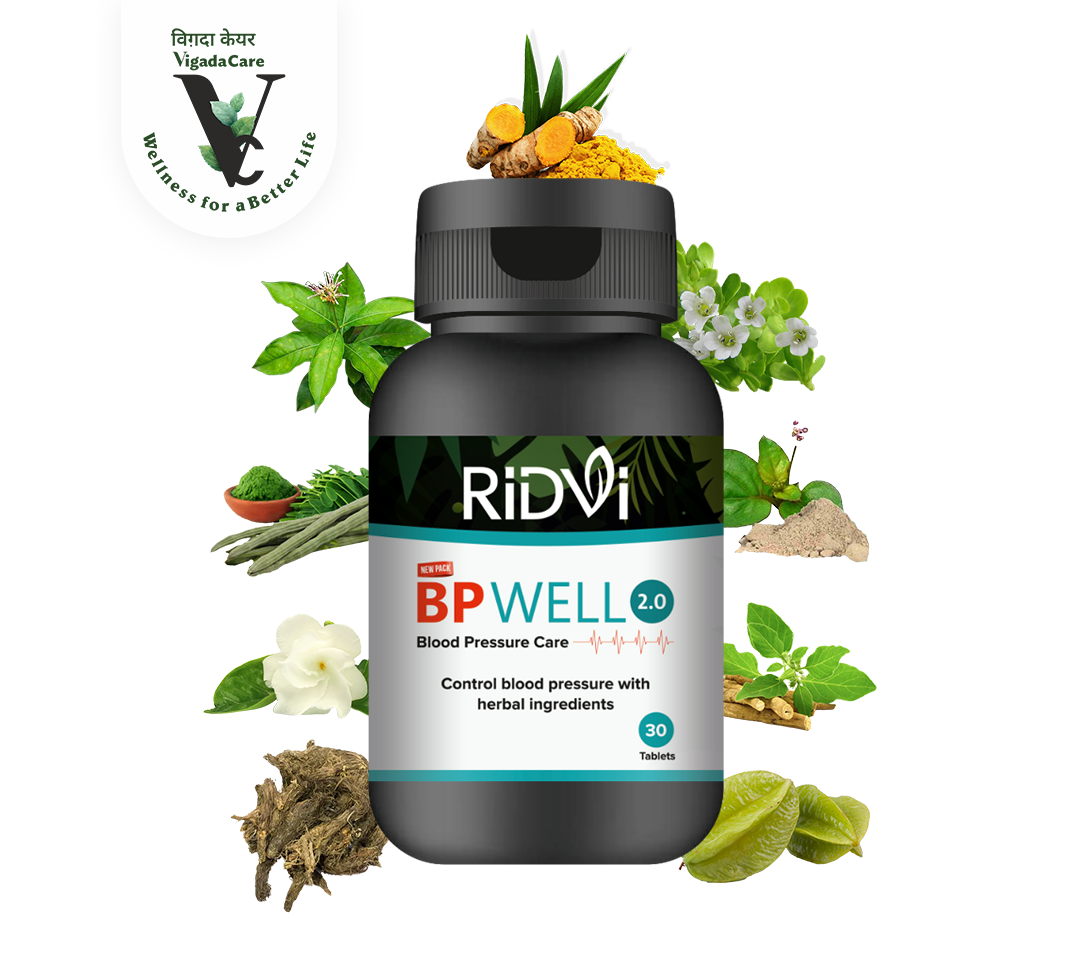
Managing Hypertension Remedy Naturally With RiDVi BP Well
Managing Hypertension Remedy Naturally With RiDVi BP Well&nb... Read More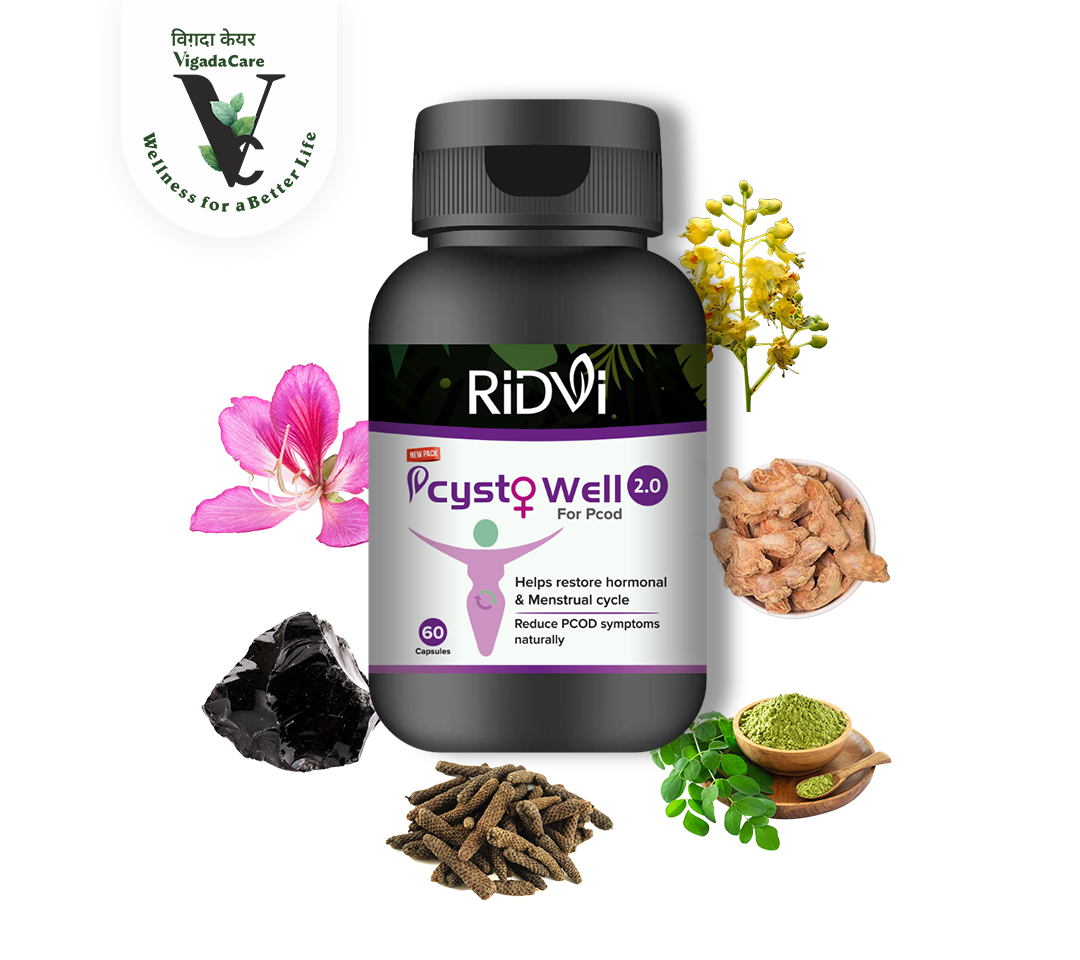
Top 10 Ayurvedic Remedies for Managing PCOD
Top 10 Ayurvedic Remedies for Managing PCOD Polycysti... Read More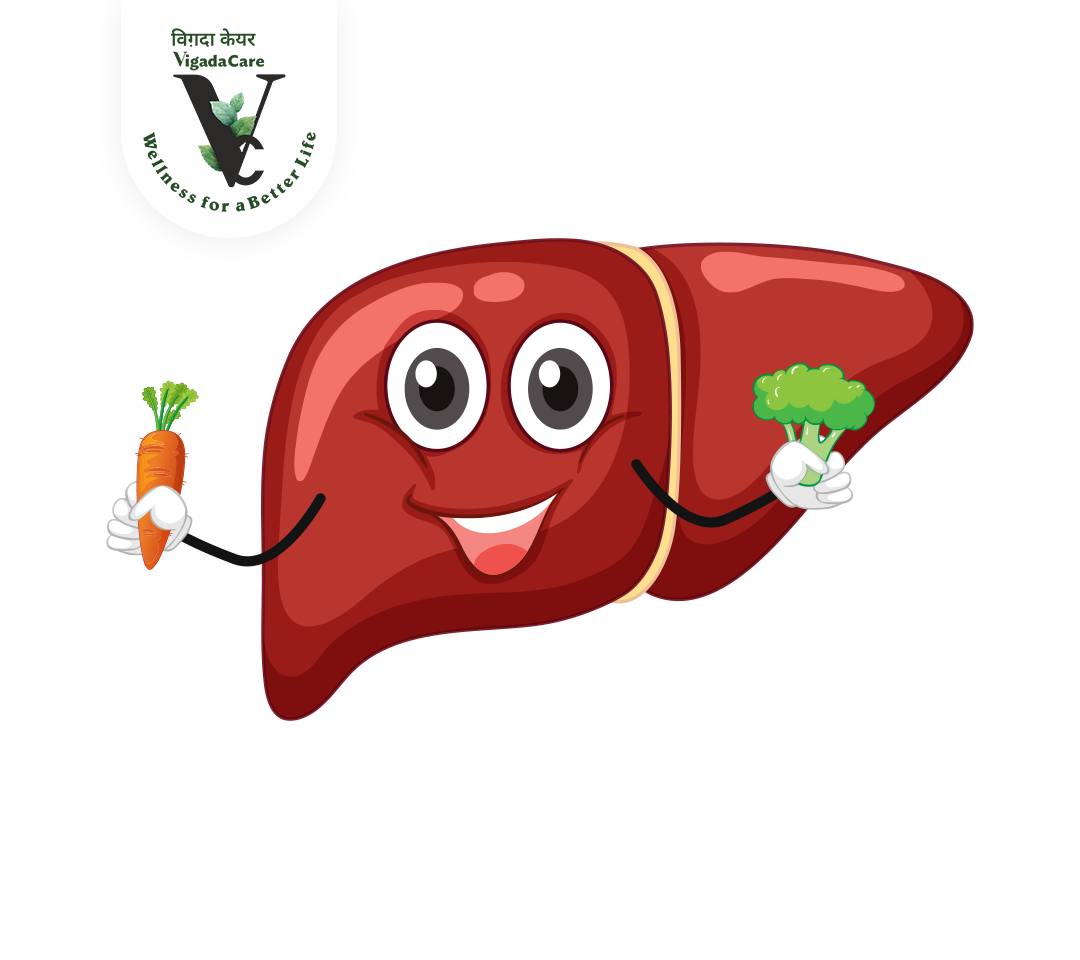
The Silent Giant: Why Your Liver Is Vital to Your Overall Health
The Silent Giant: Why Your Liver Is Vital to Your Overall He... Read More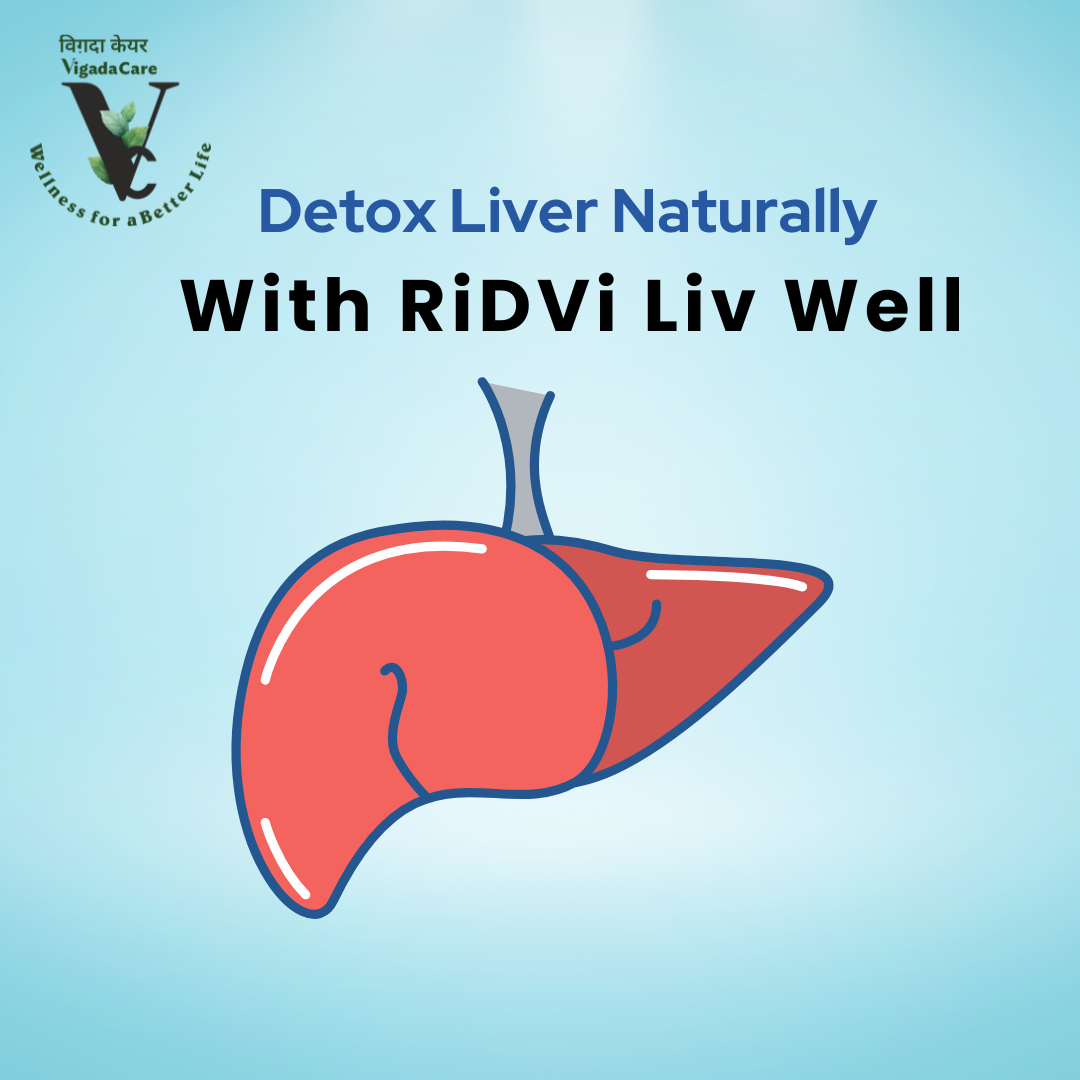
Detox Liver Naturally with Ayurvedic Medicine: RiDVi Liv Well Tablets
Detox Liver Naturally with Ayurvedic Medicine: RiDVi Liv Wel... Read More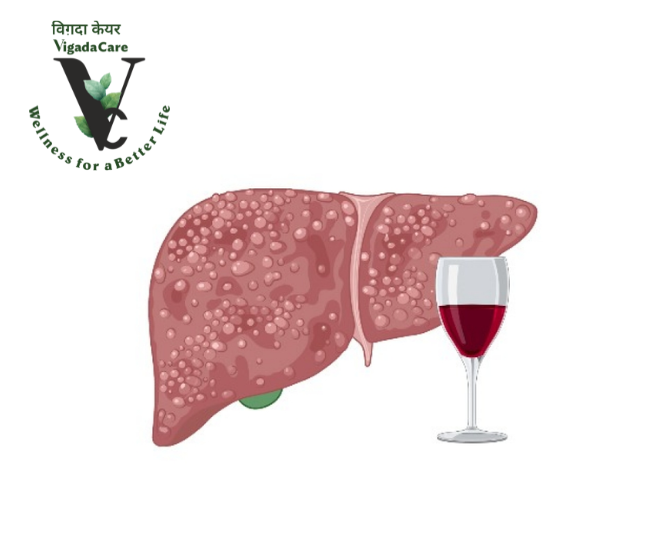
The Effects of Alcohol on the Liver and Prevention with RiDVi Liv Well Ayurvedic Medicine
The Effects of Alcohol on the Liver and Prevention with RiDV... Read More
Liver Health During the Monsoon: Prevention Tips with Ayurvedic Products
Liver Health During the Monsoon: Prevention Tips with Ayurve... Read More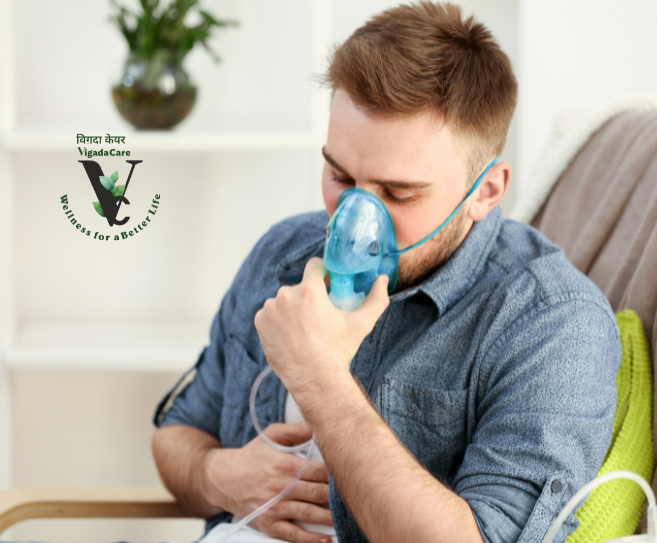
The Air You Breathe – Preventing Respiratory Diseases with RiDVi Breathe Well
The Air You Breathe – Preventing Respiratory Diseases ... Read More
How Ayurveda RiDVi Gluco Well Medicine Can Help You Control Your Blood Sugar?
How Ayurveda RiDVi Gluco Well Medicine Can Help You Control ... Read More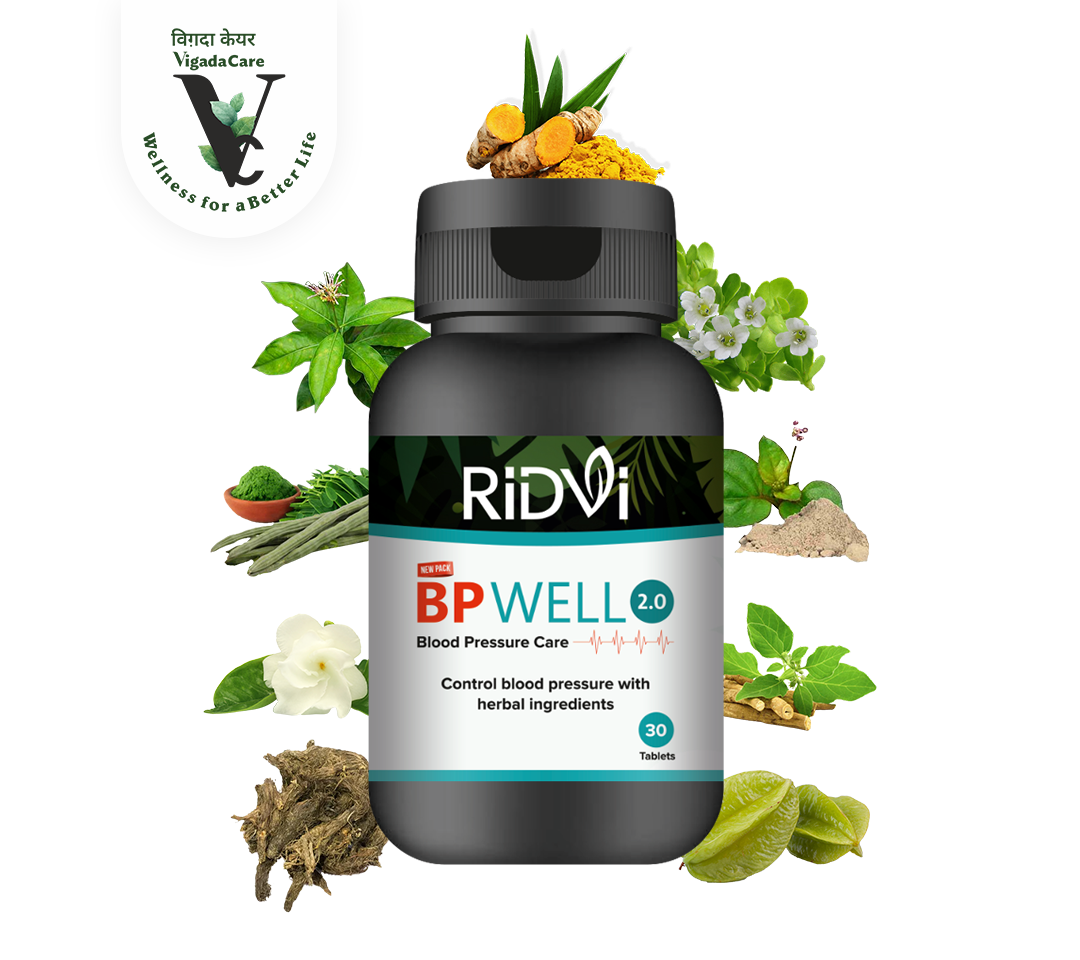
Manage Your Blood Pressure Naturally With Ridvi BP Well
Manage Your Blood Pressure Naturally With Ridvi BP Well,&nbs... Read More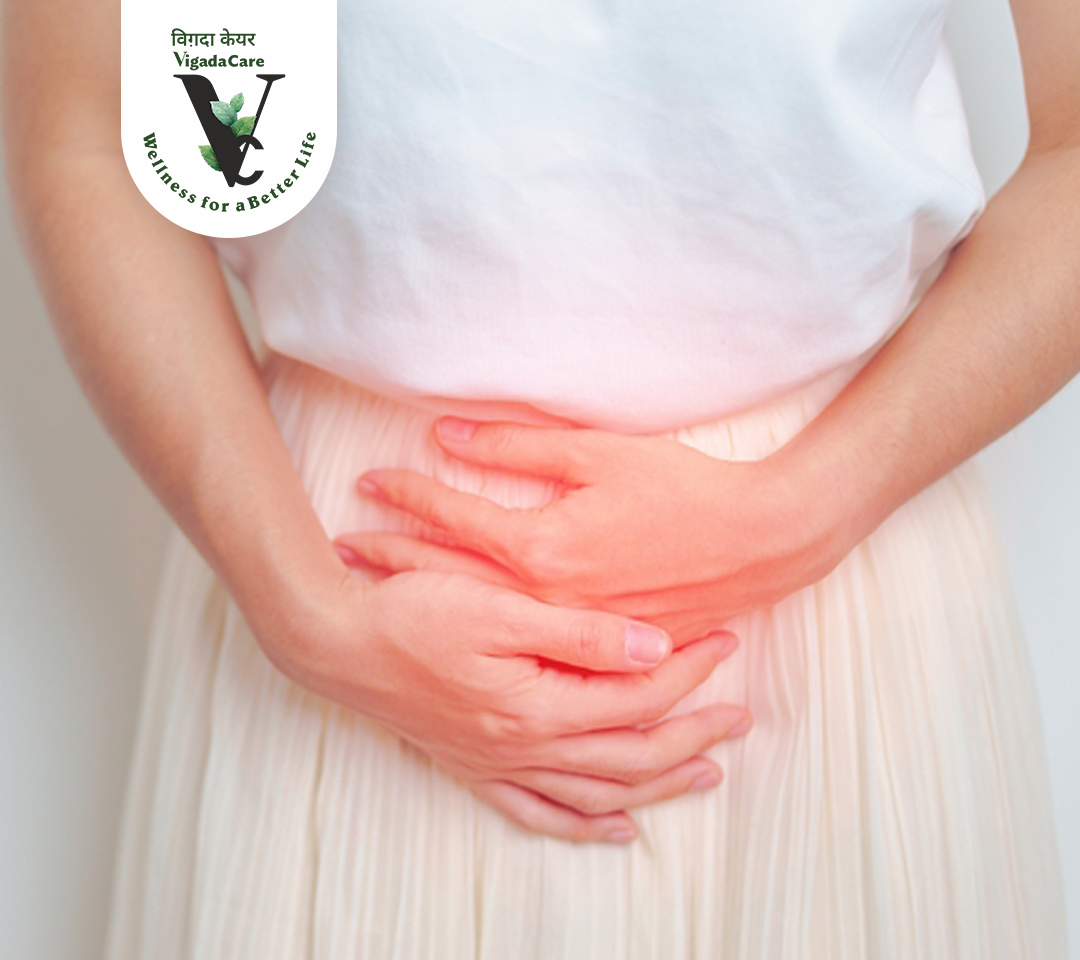
Understanding Period Pain: Causes, Symptoms, and Relief with RiDVi Pcysto Well Ayurvedic Medicine
Understanding Period Pain: Causes, Symptoms, and Relief with... Read More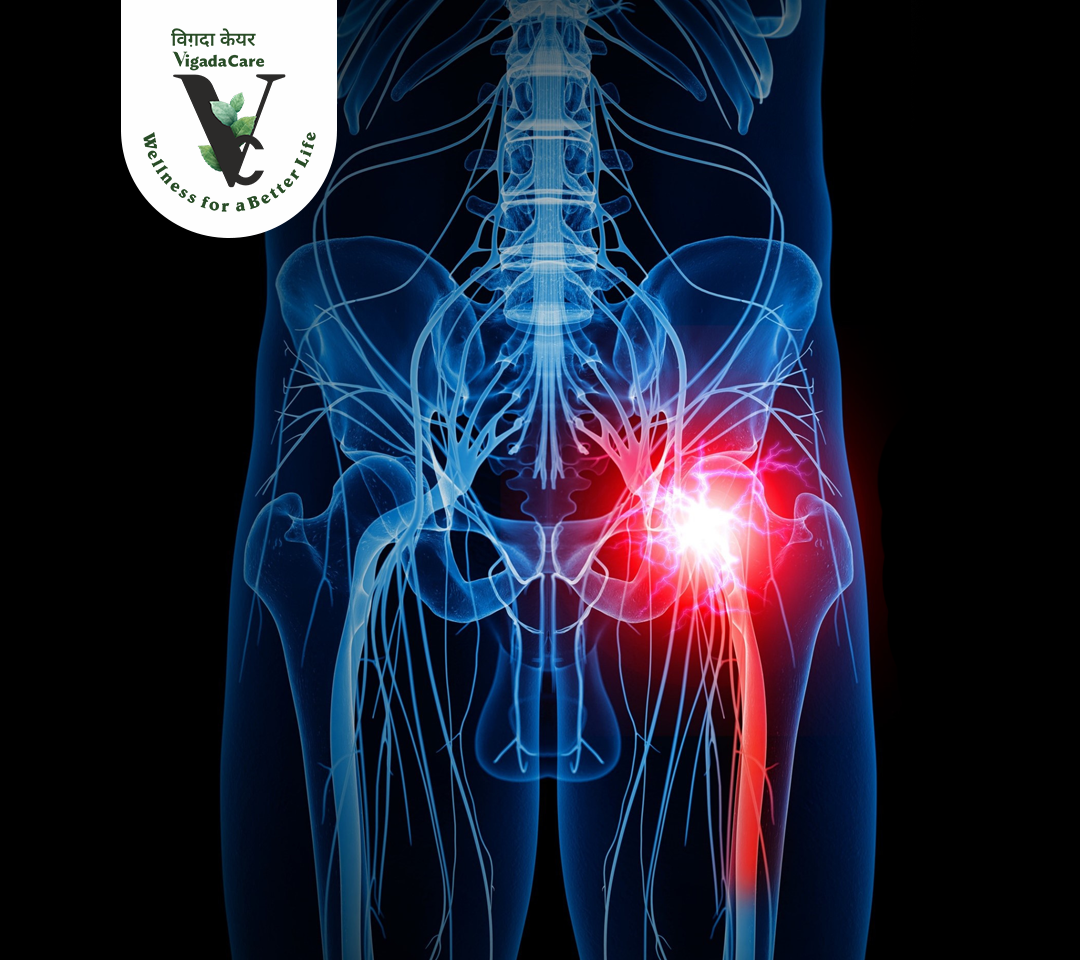
Understanding Sciatica Pain: Causes, Symptoms, and Relief with RiDVi Ortho Well Oil
Understanding Sciatica Pain: Causes, Symptoms, and Relief wi... Read More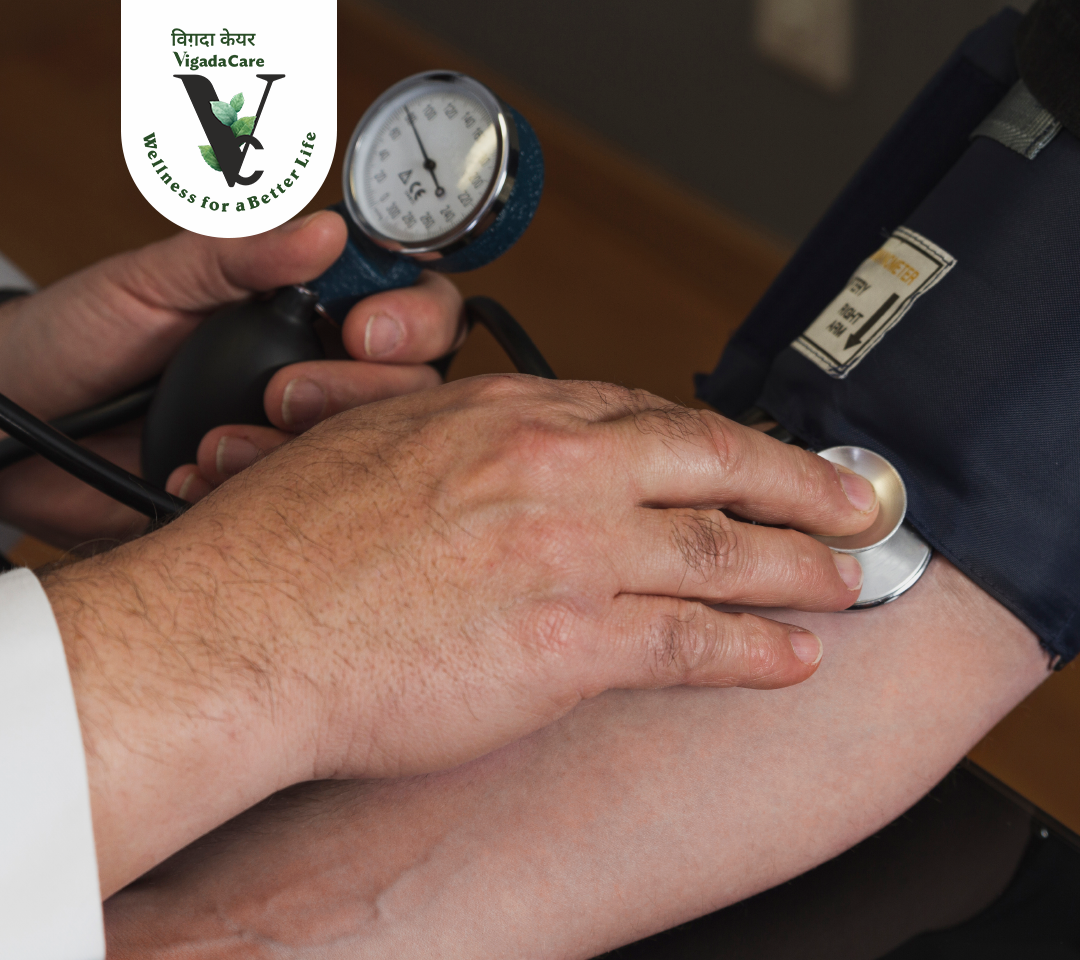
Top Ayurvedic Herbs to Control High Blood Pressure
Ayurvedic Herbs for Blood Pressure: Concerns and Solutions ... Read More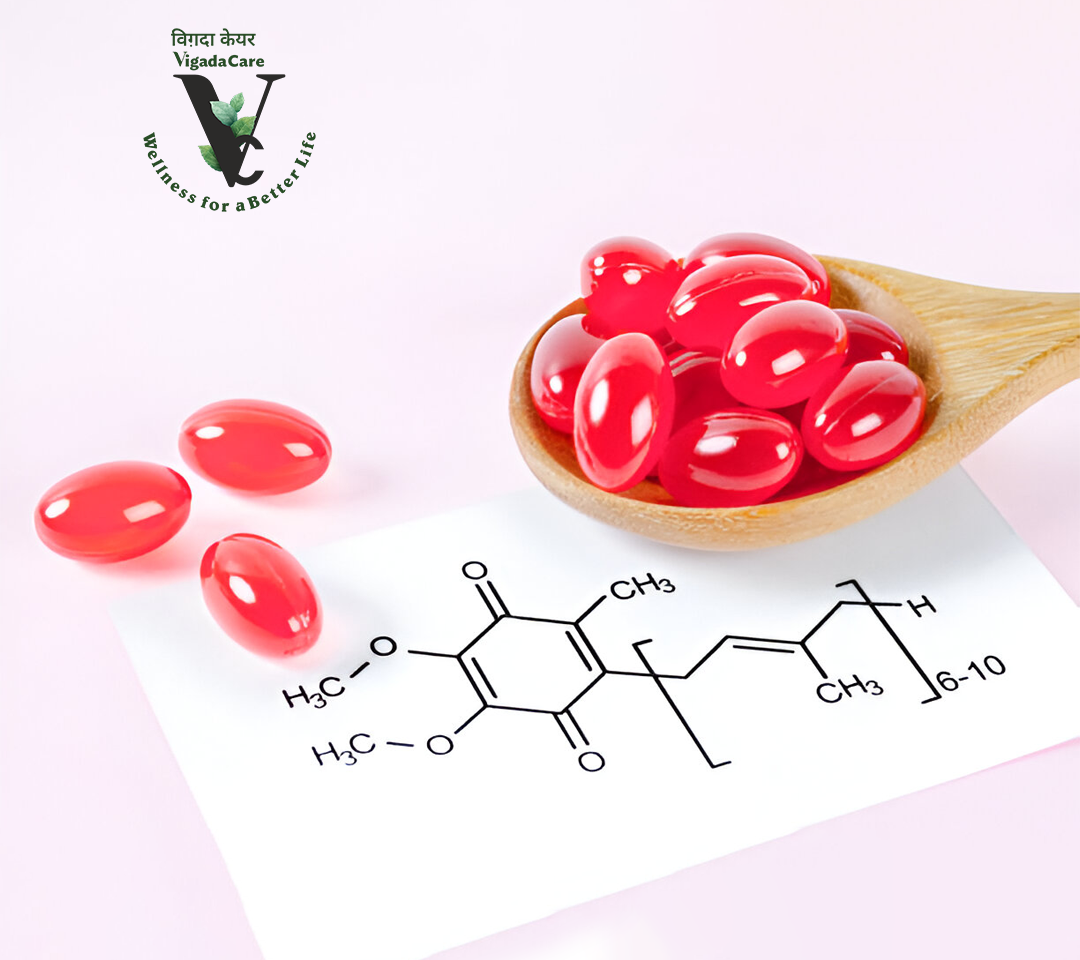
The Power of CoQ10: How This Antioxidant Helps Prevent Disease
The Power of CoQ10: How This Antioxidant Helps Prevent Disea... Read More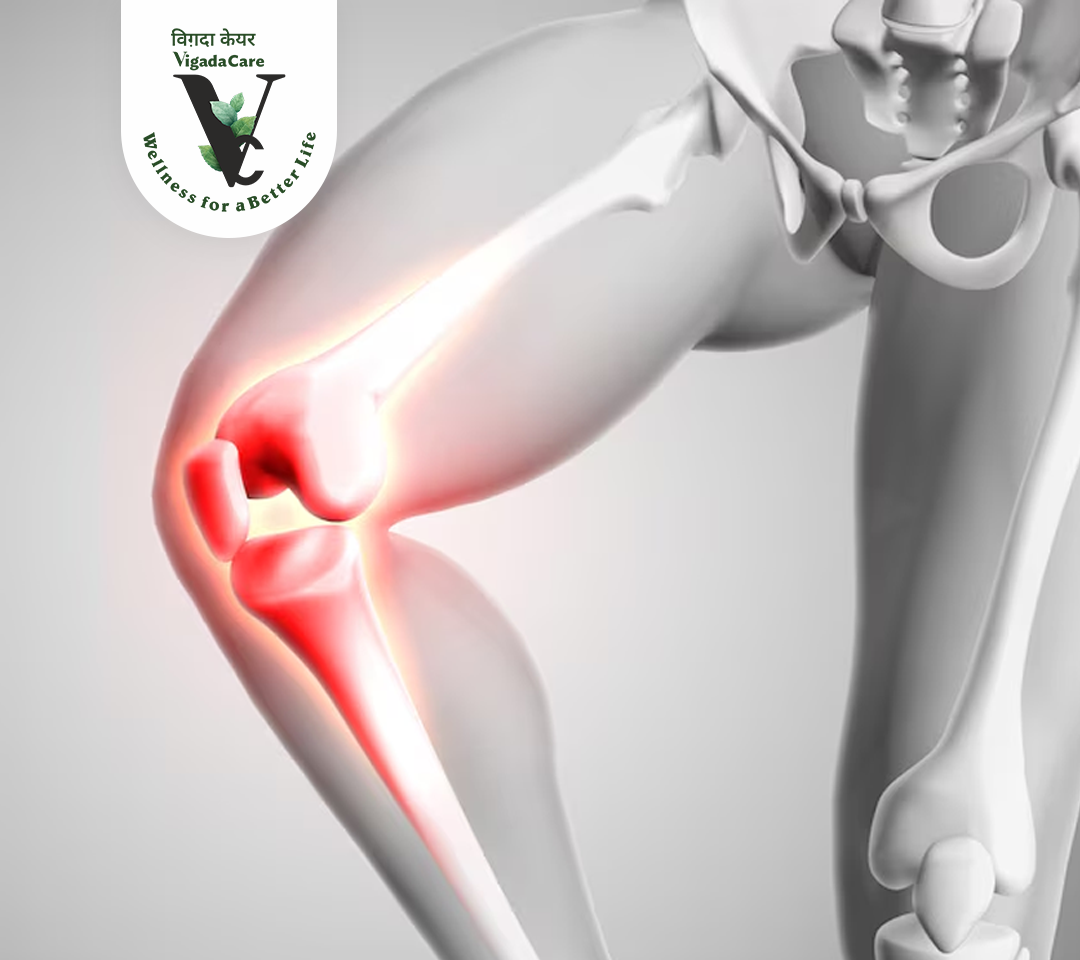
Elderly Knee Pain: An Ayurvedic Approach Using RiDVi Ortho Well Oil and Tablets
Elderly Knee Pain: An Ayurvedic Approach Using RiDVi Ortho W... Read More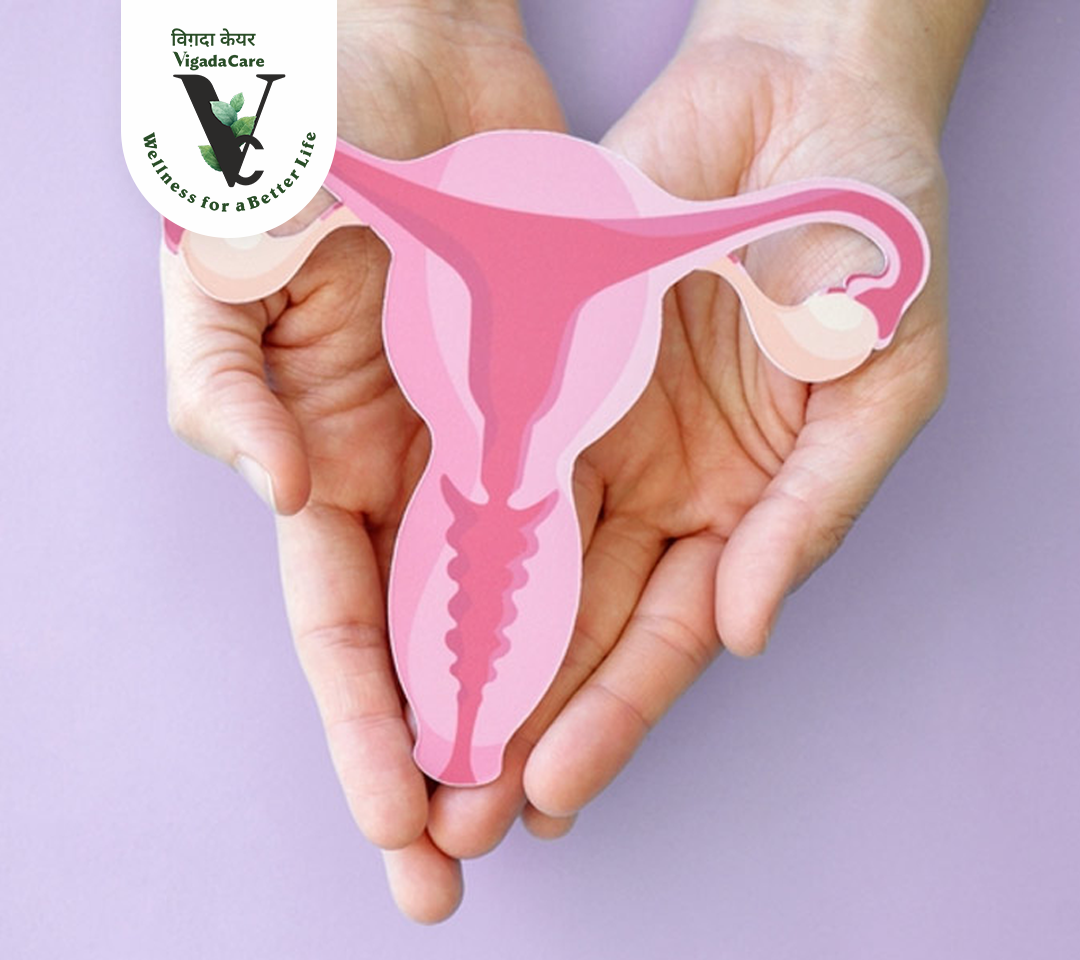
A Comprehensive Examination of PCOD's Emotional Journey
A Comprehensive Examination of PCOD's Emotional Journey PCO... Read More
4 Natural Solutions for Women's Hormonal Imbalances
4 Natural Solutions for Women's Hormonal Imbalances Mood sw... Read More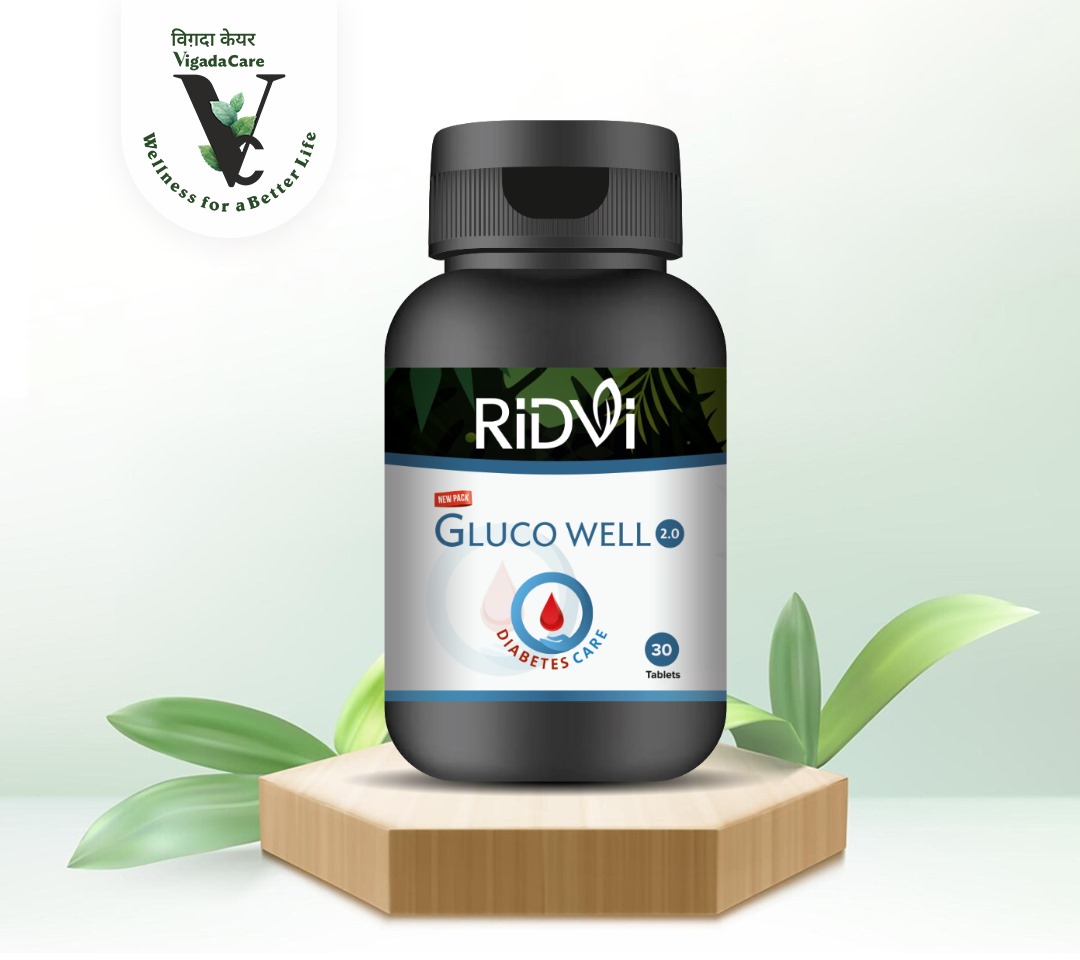
Harness the Power of Ayurveda with RiDVi Gluco Well: Your Natural Solution for Diabetes Control
Harness the Power of Ayurveda with RiDVi Gluco Well: Your Na... Read More